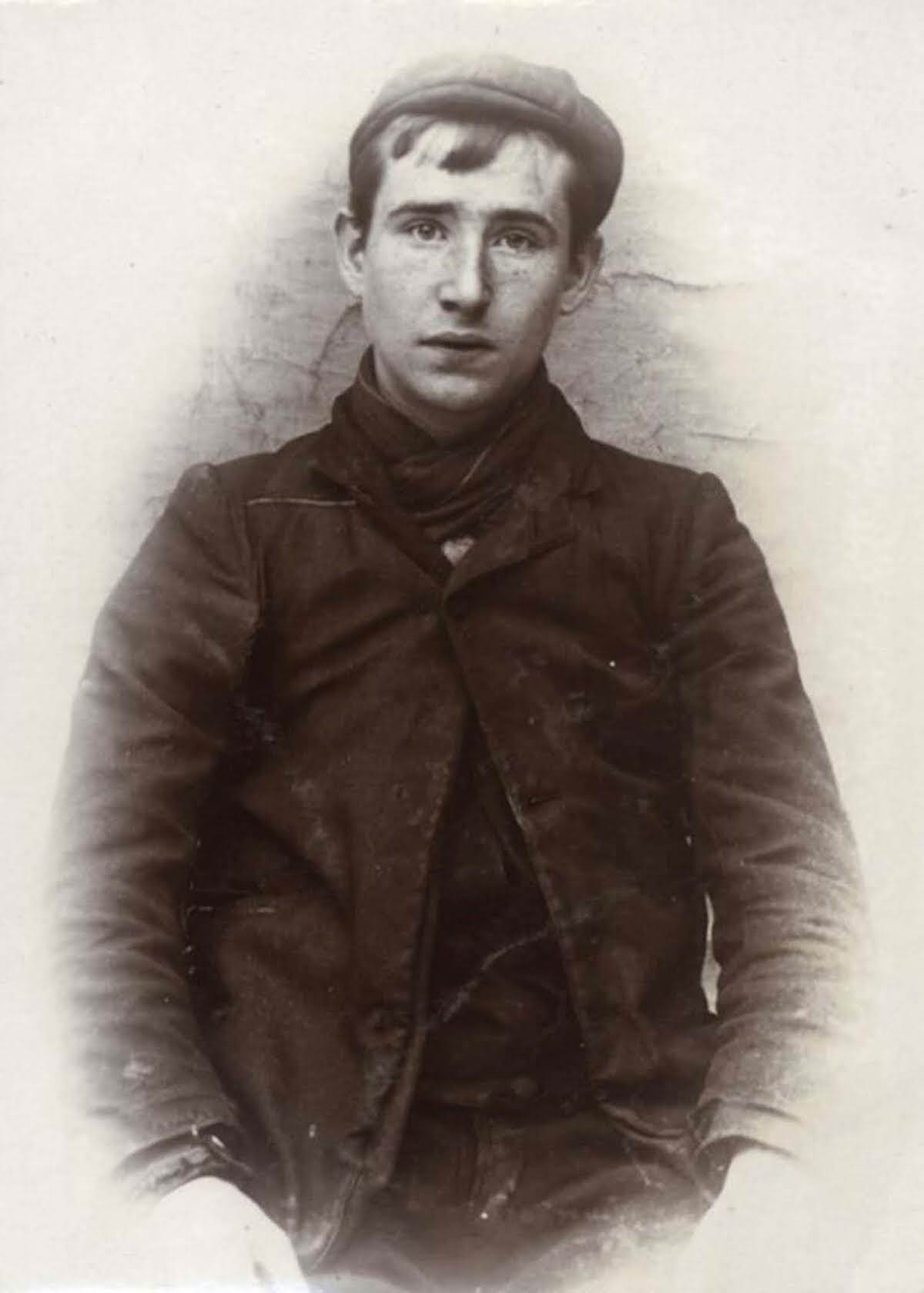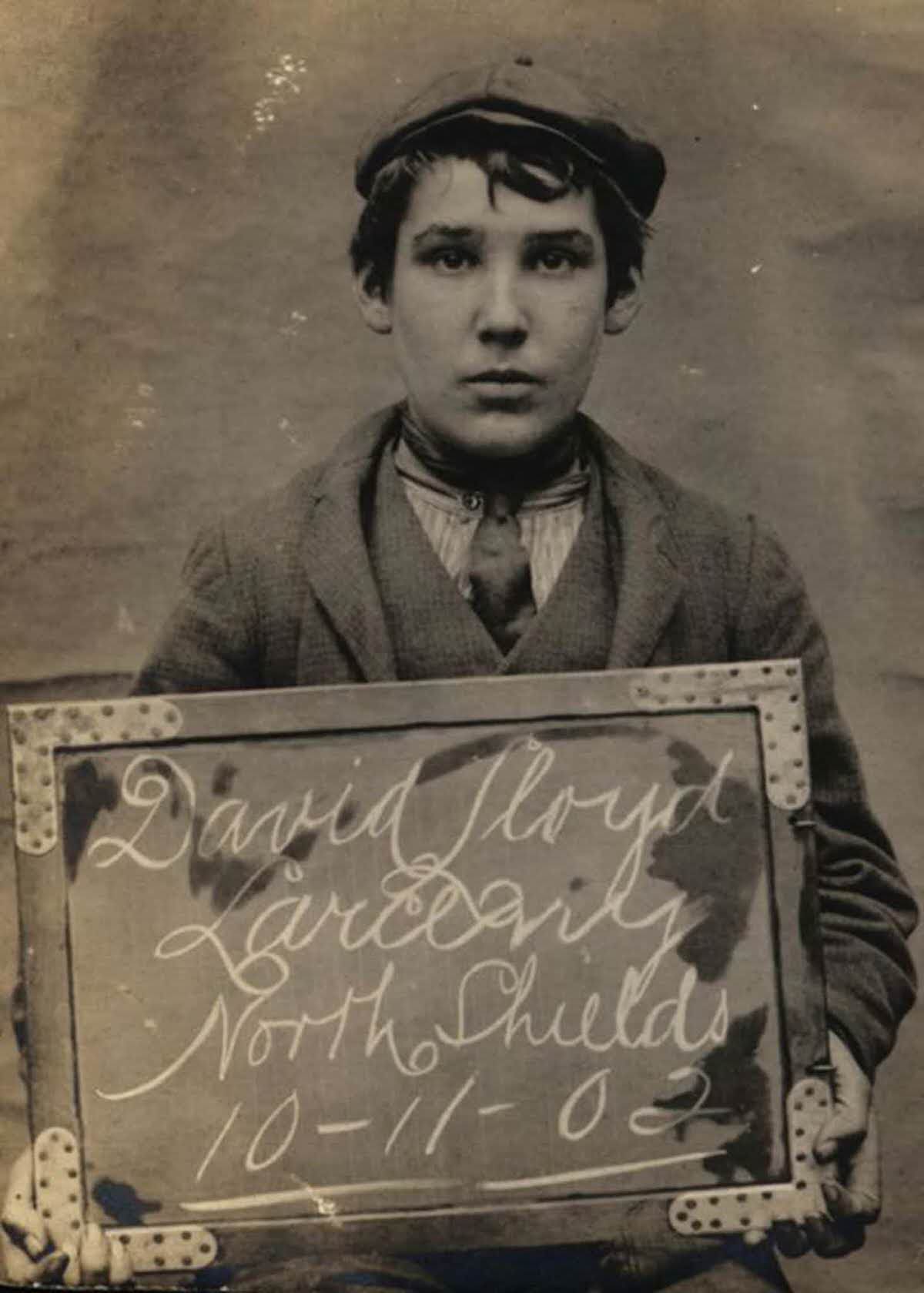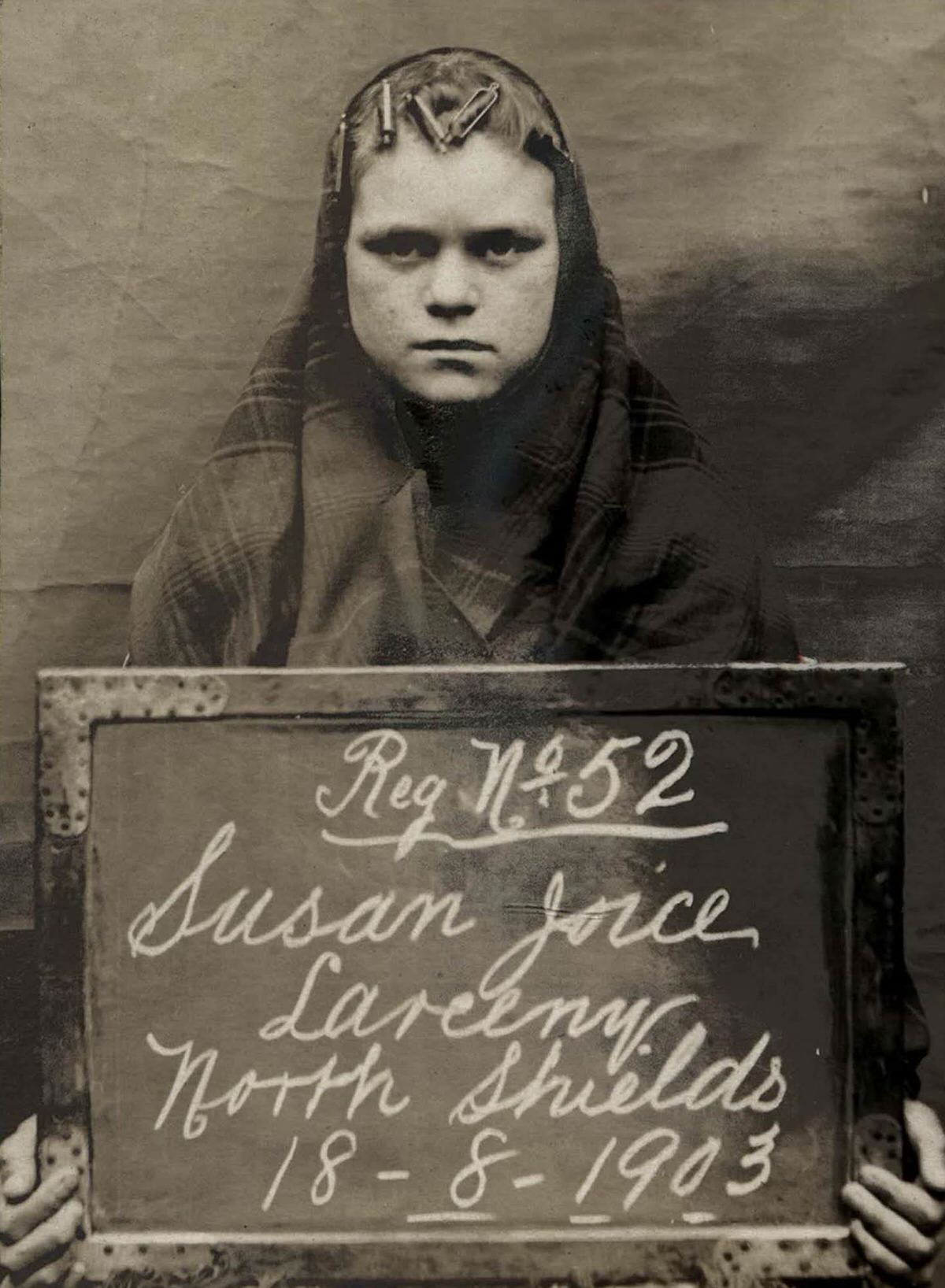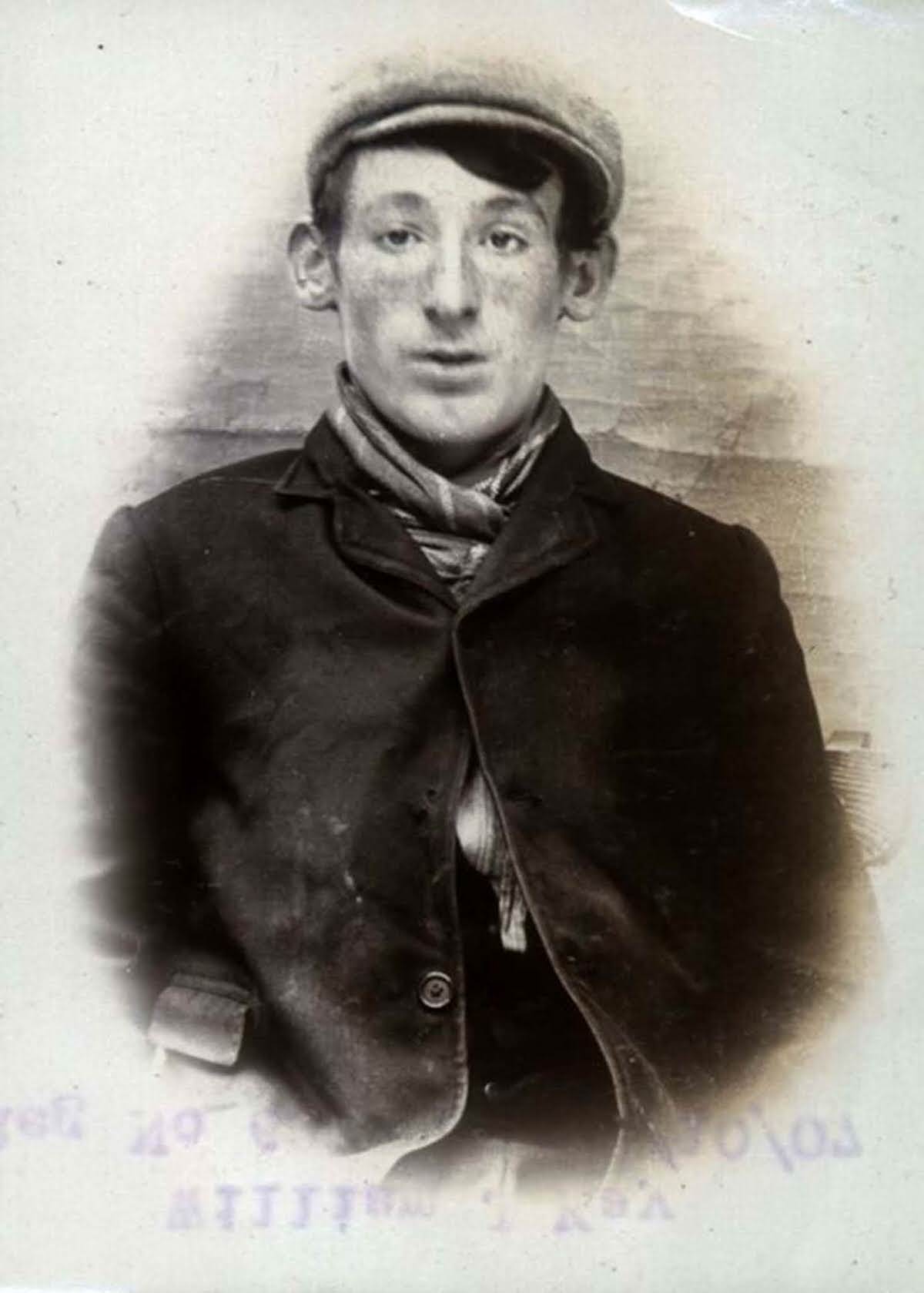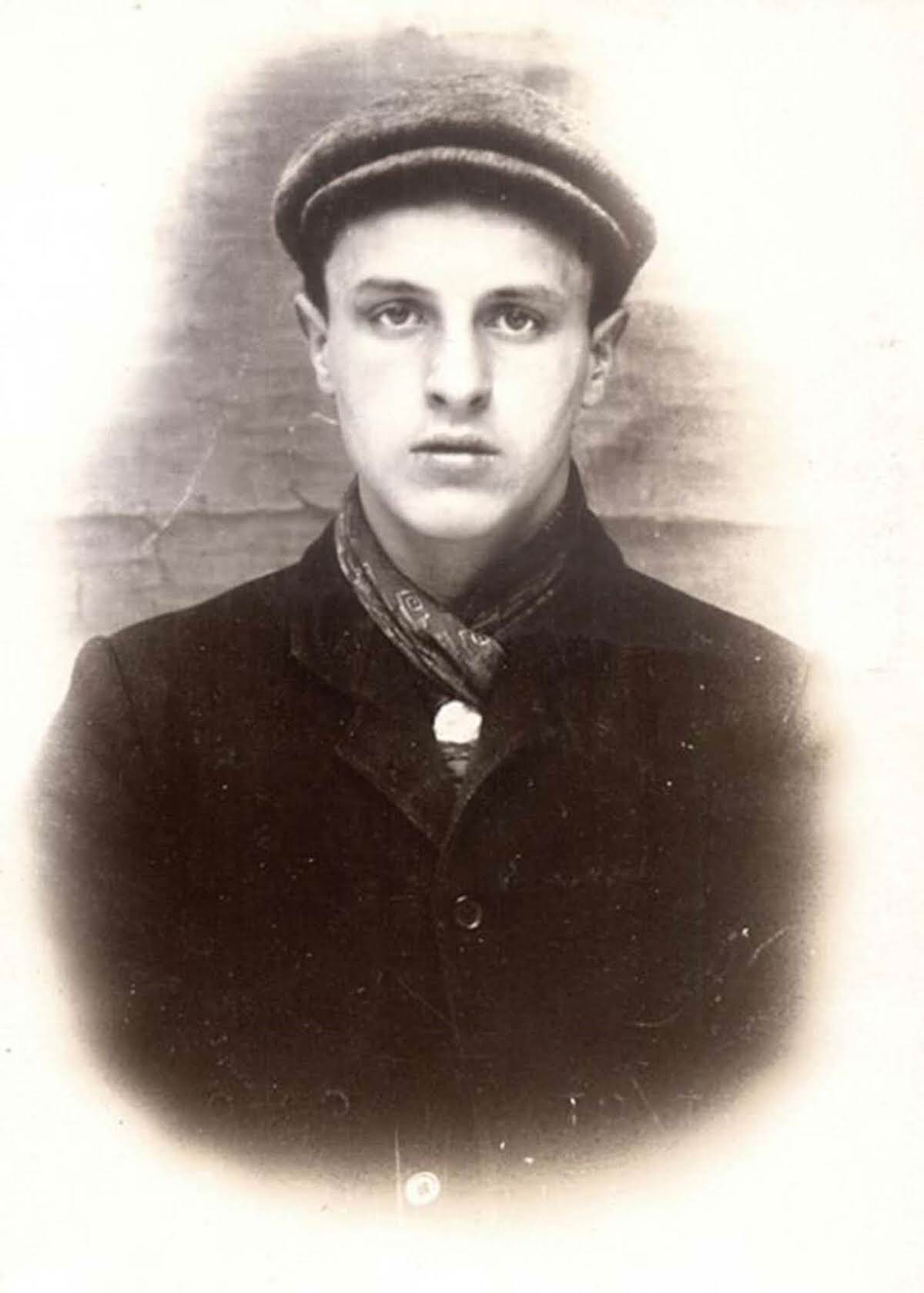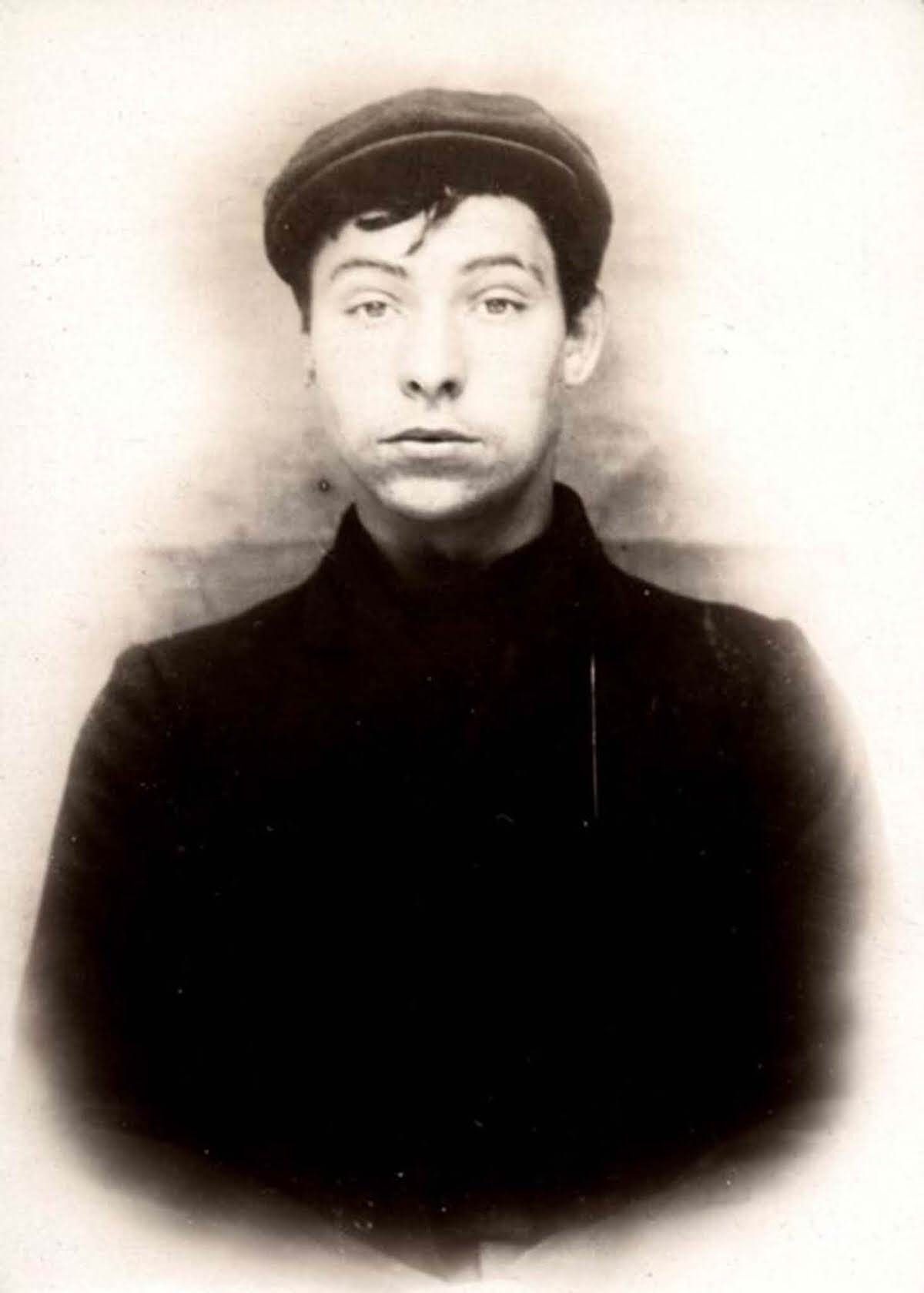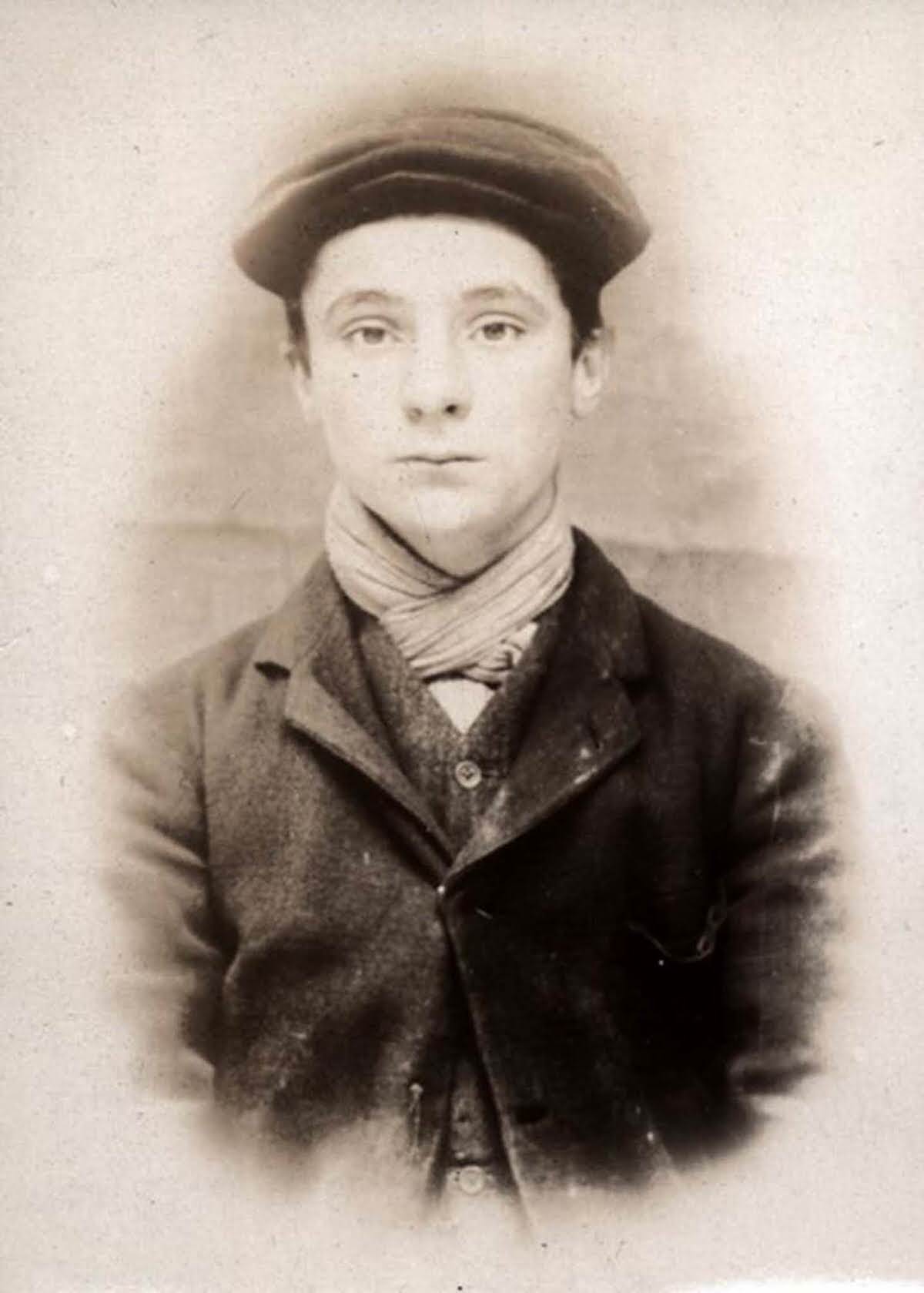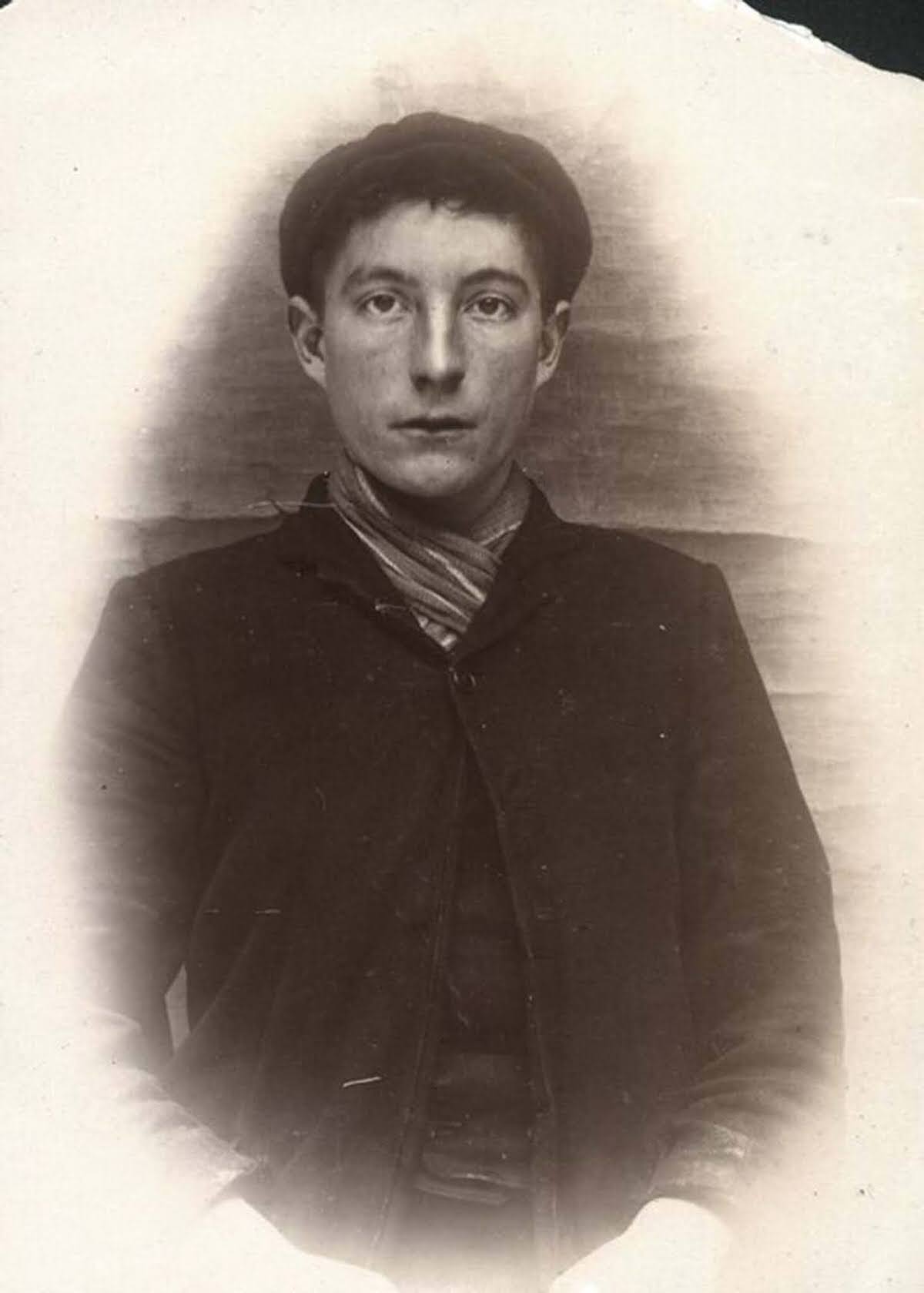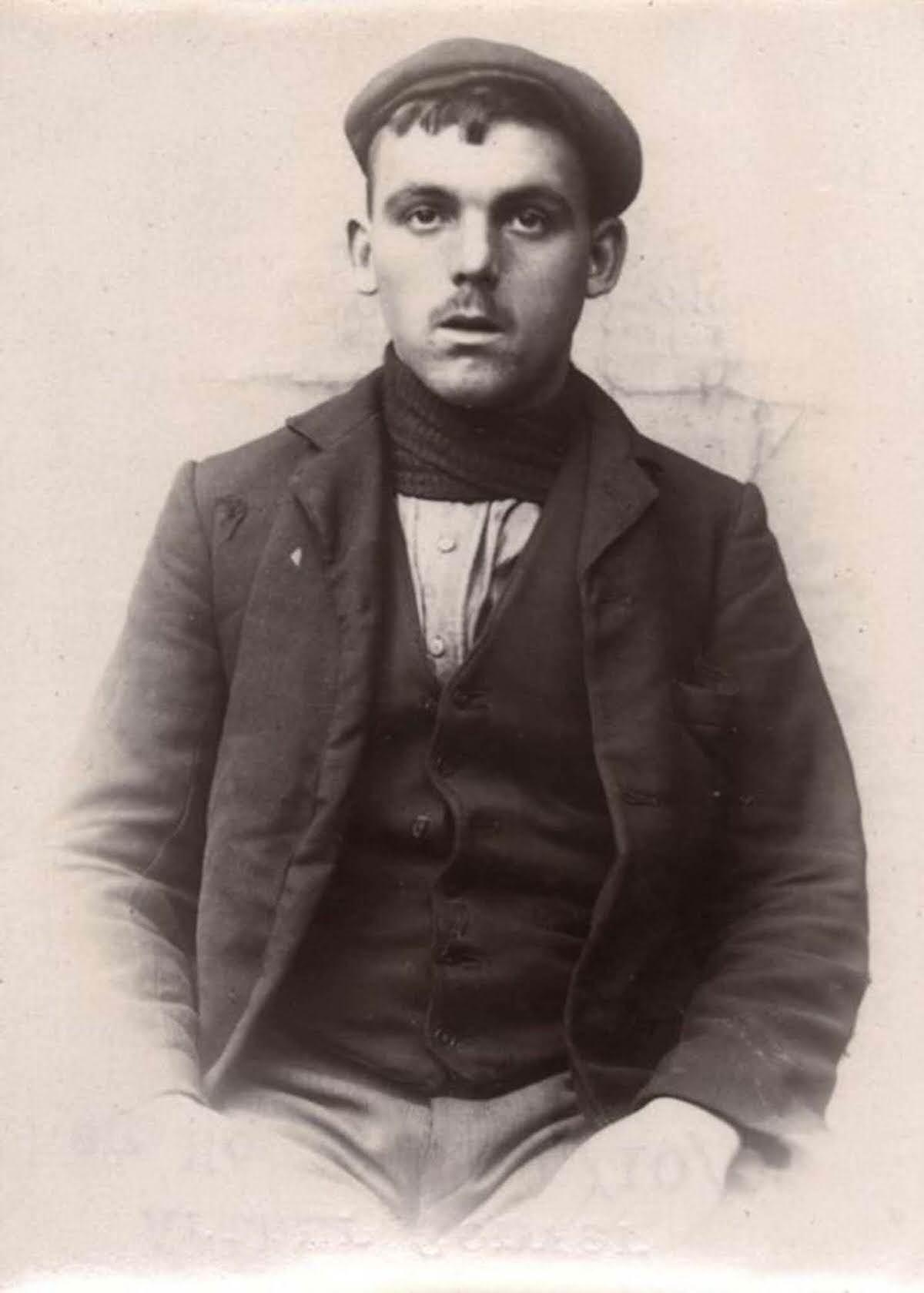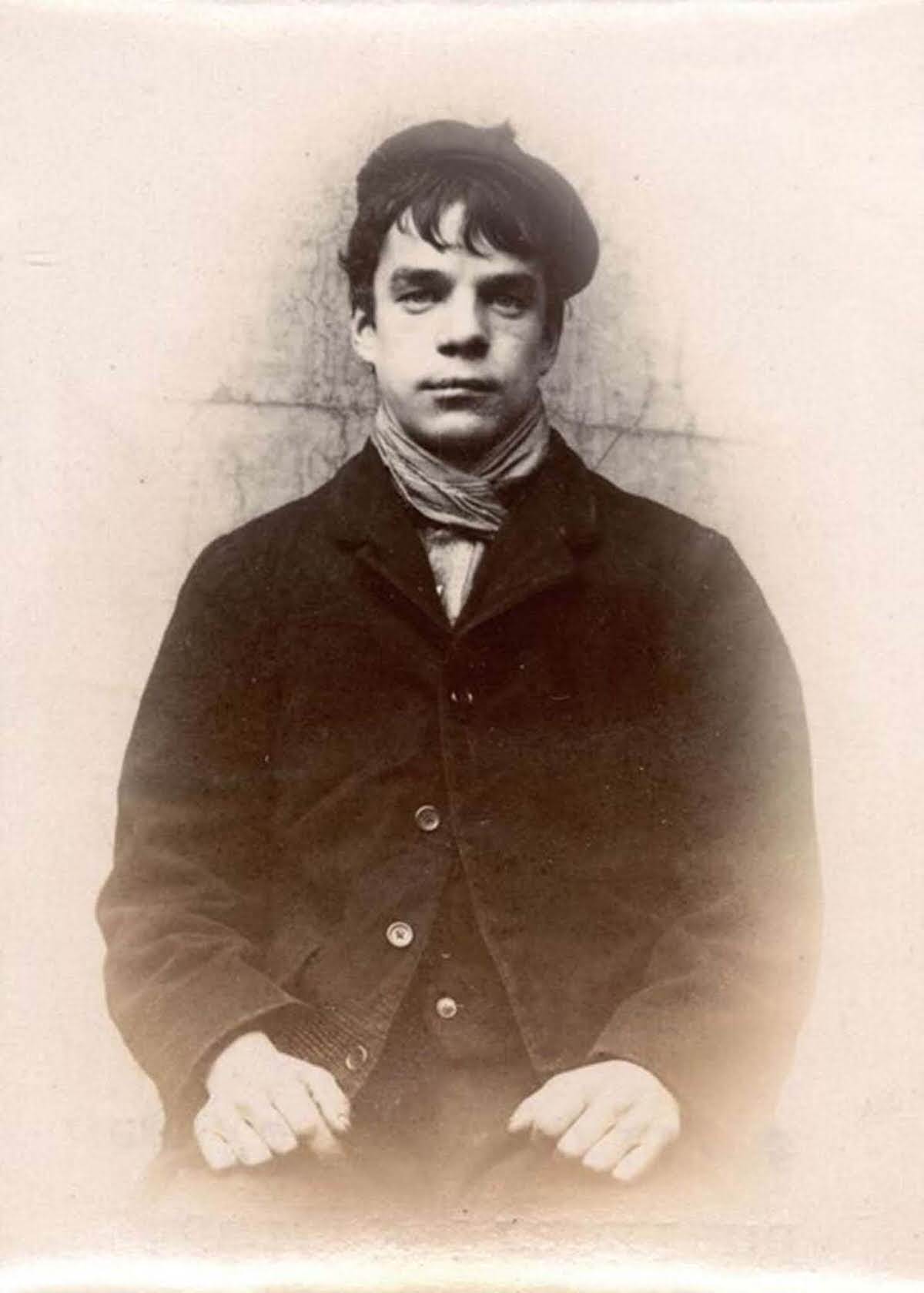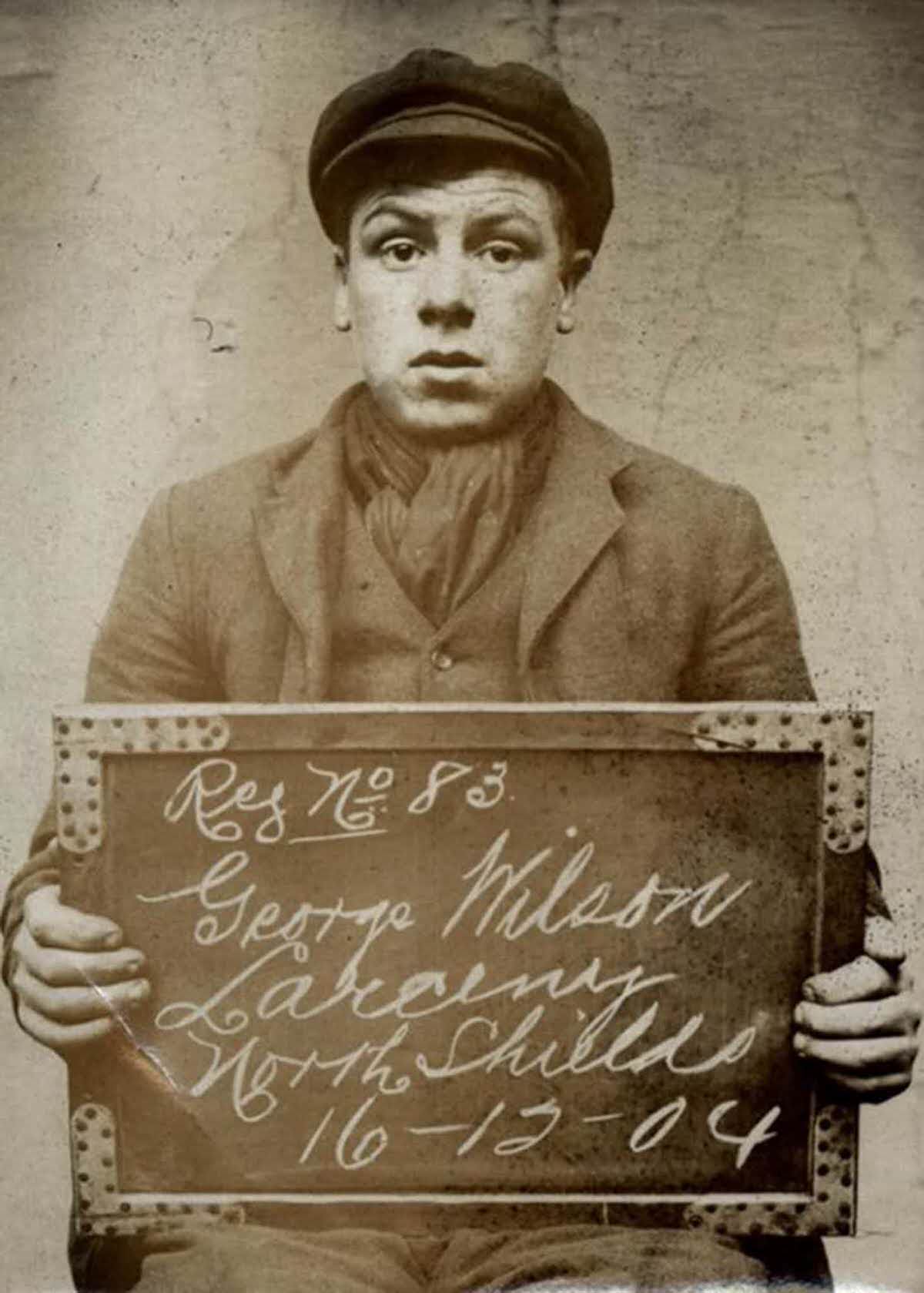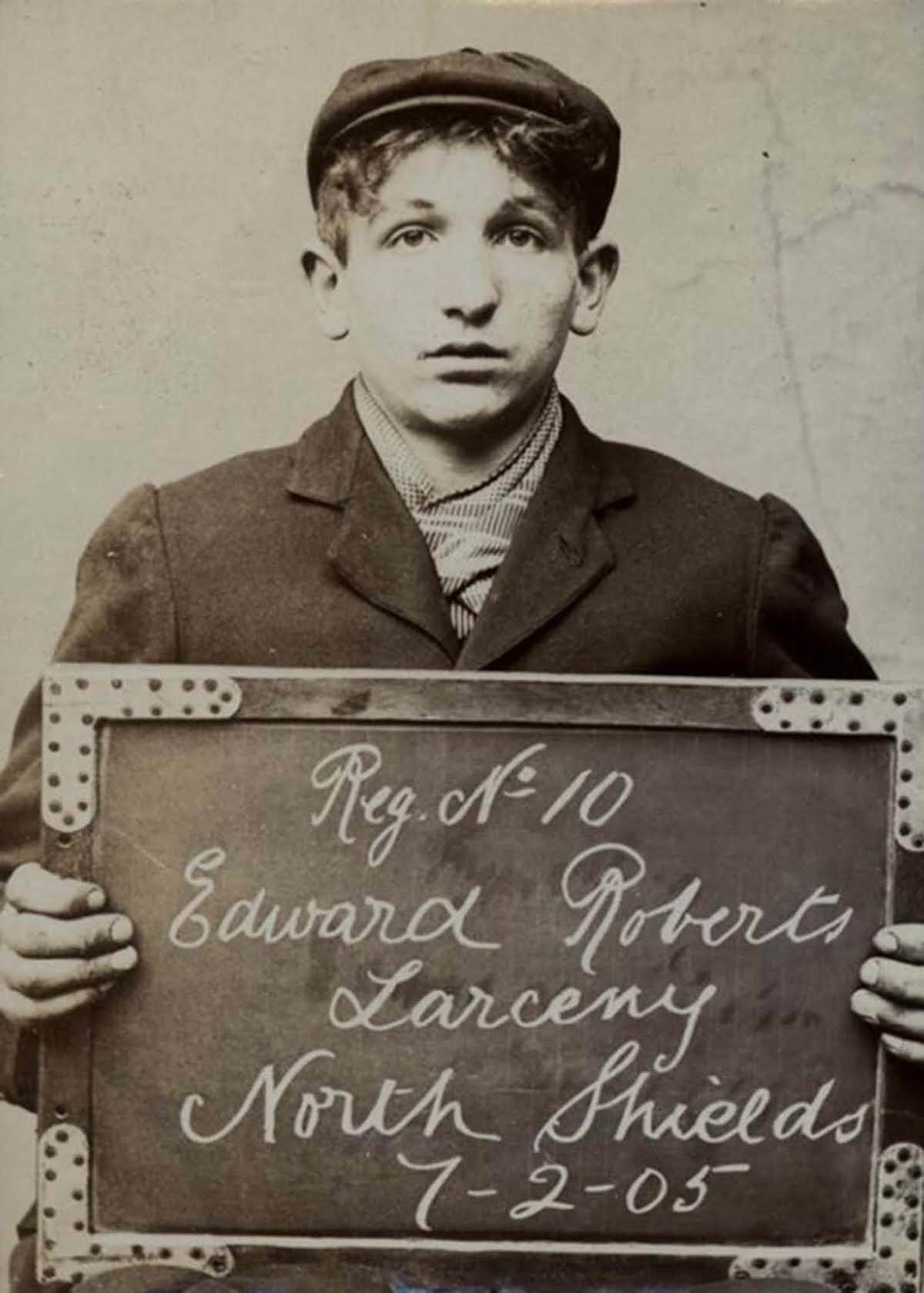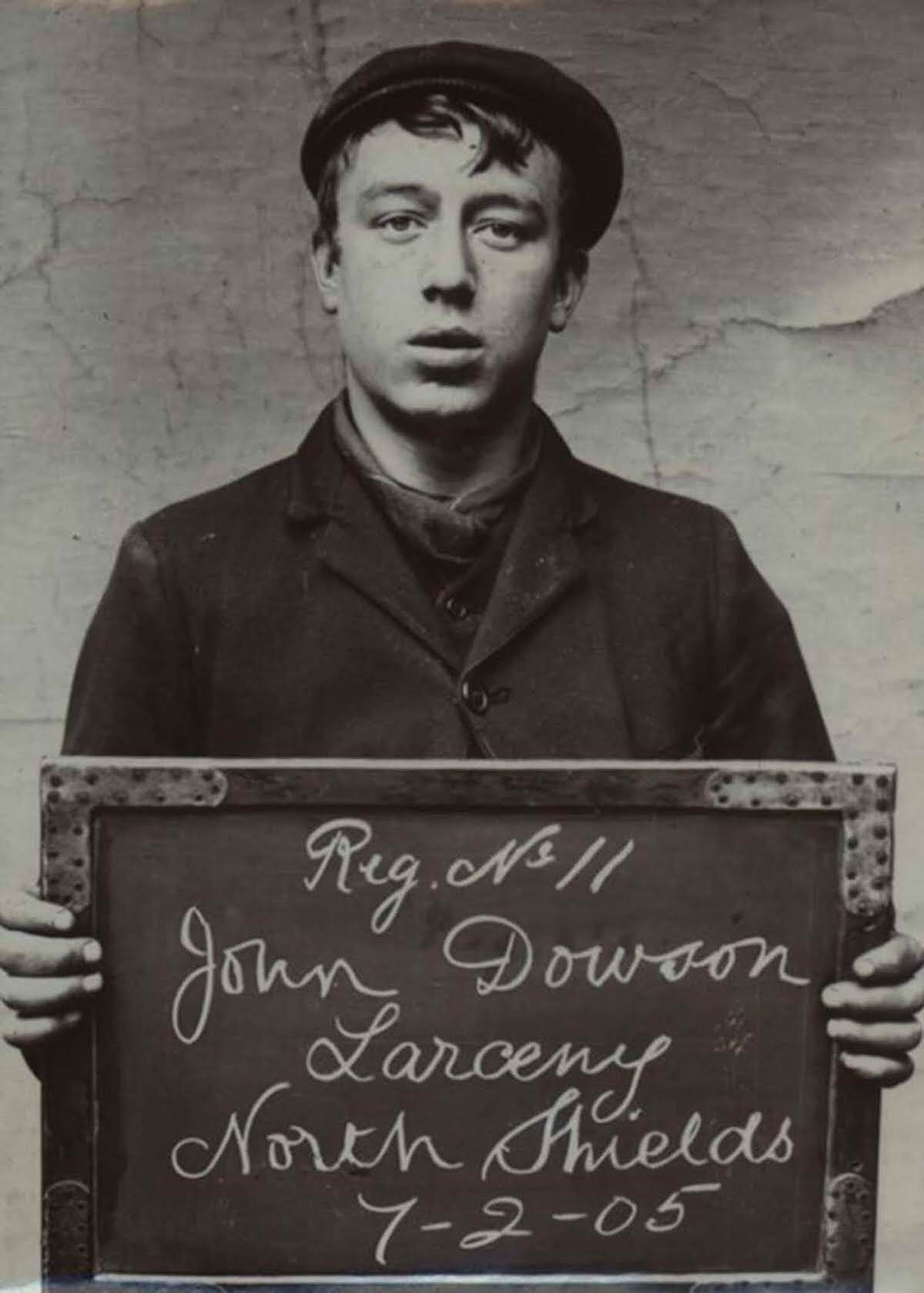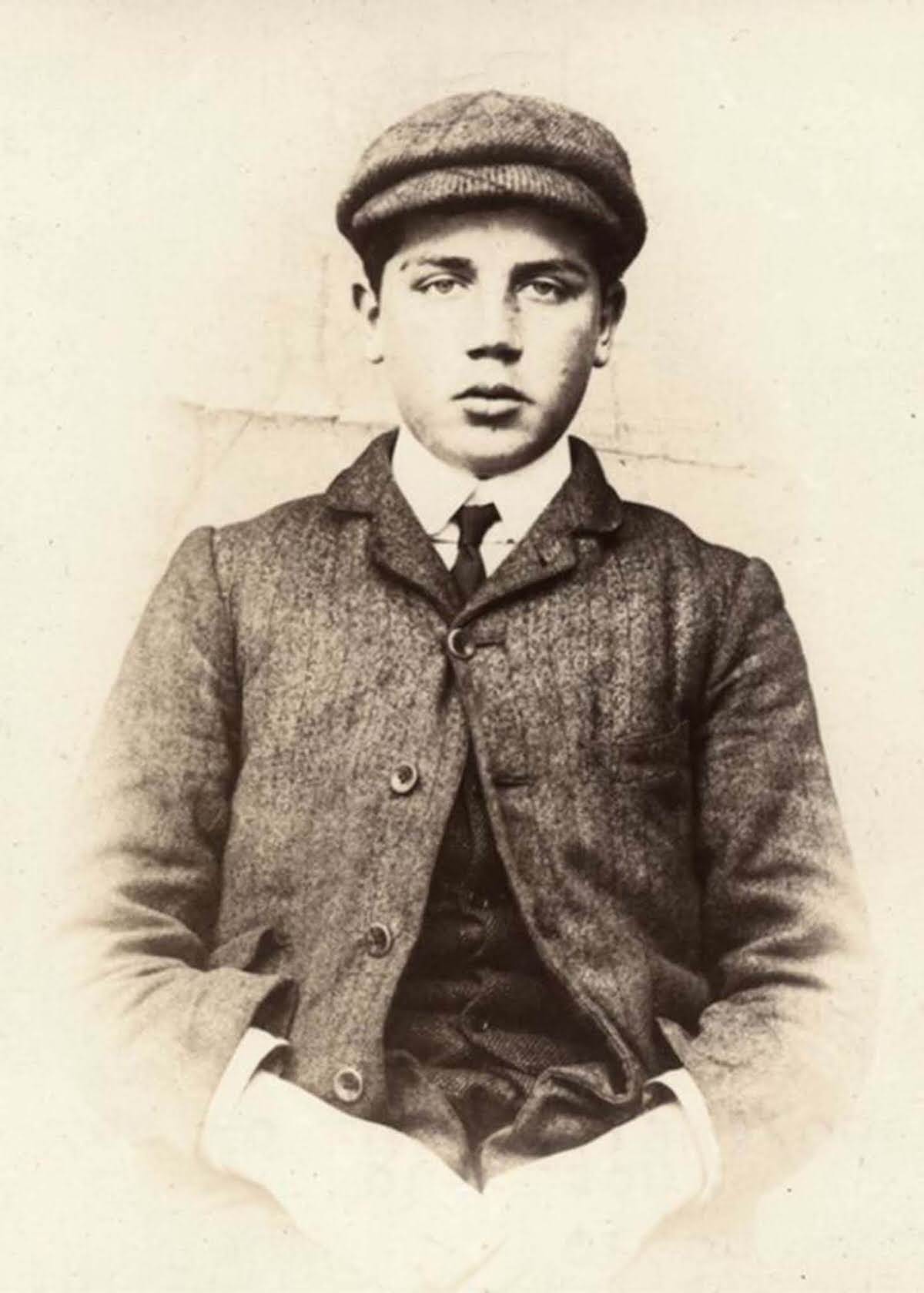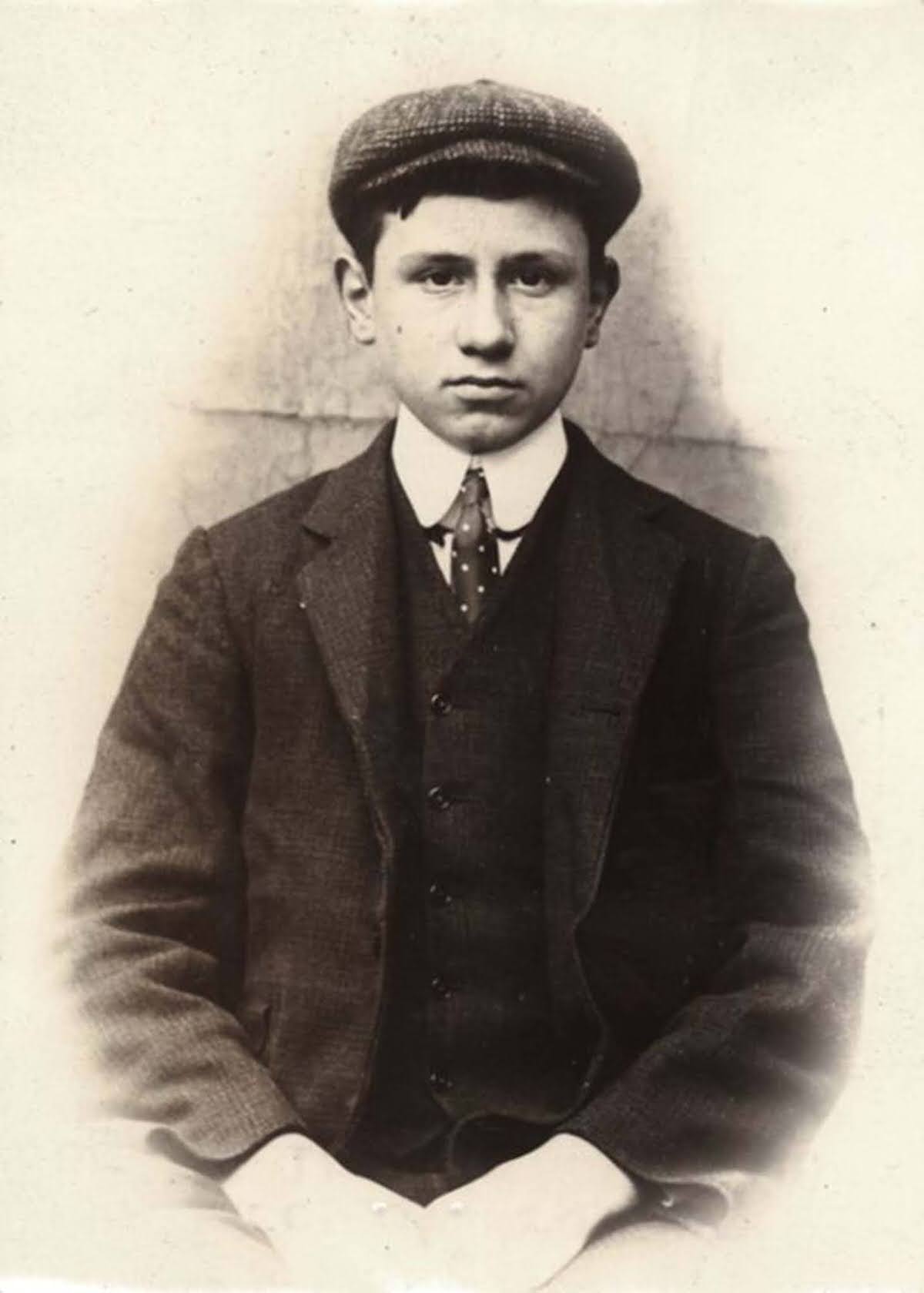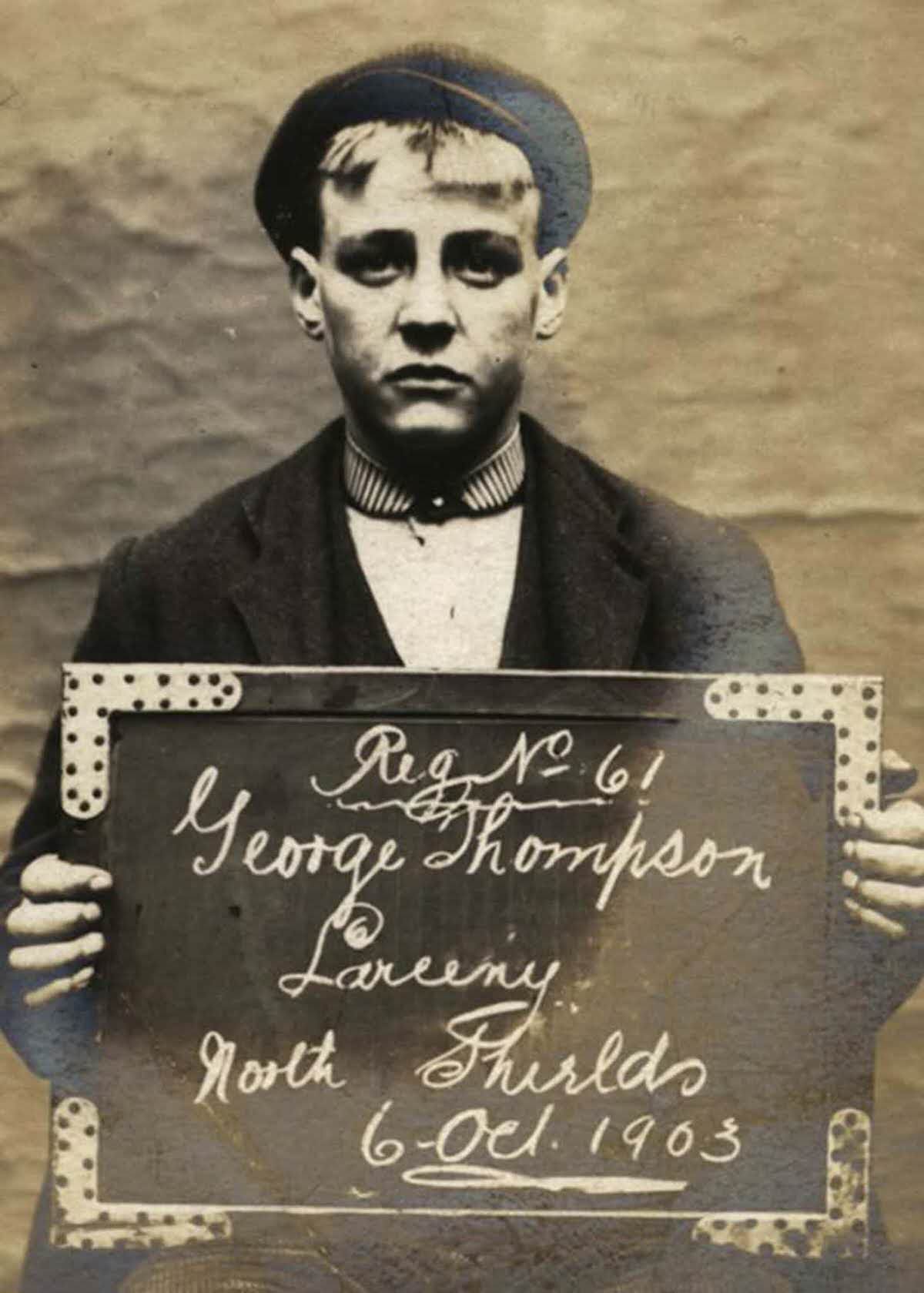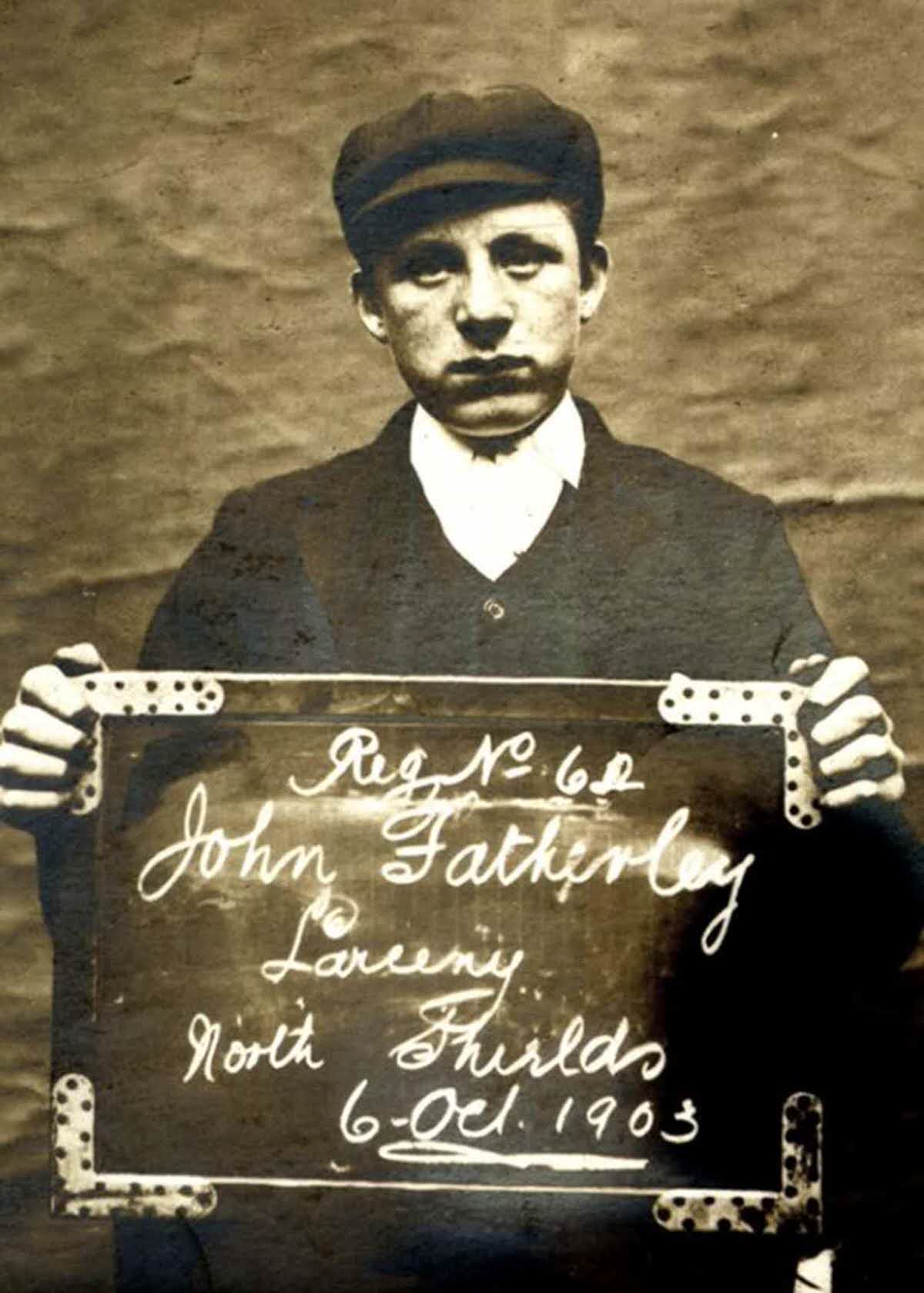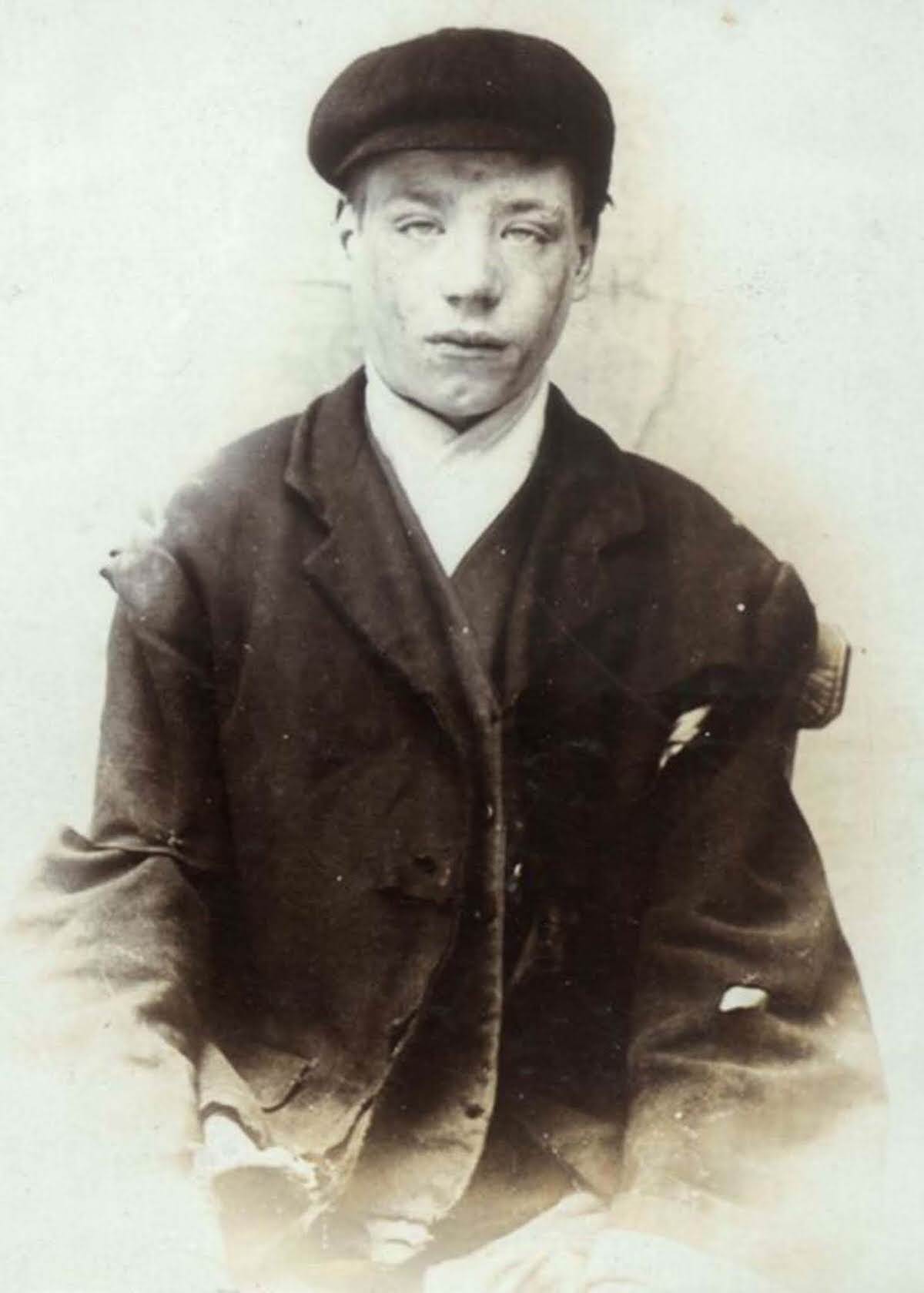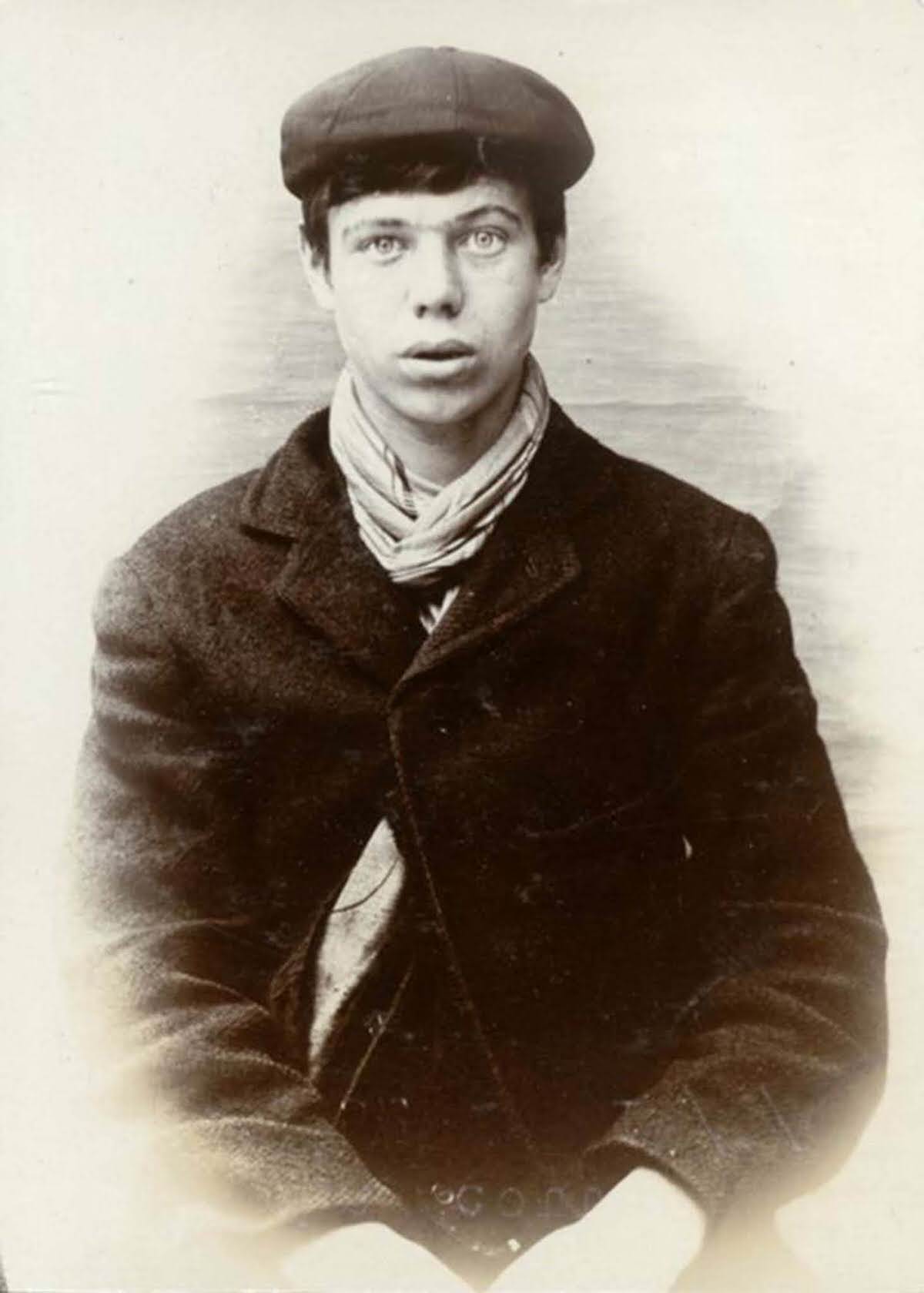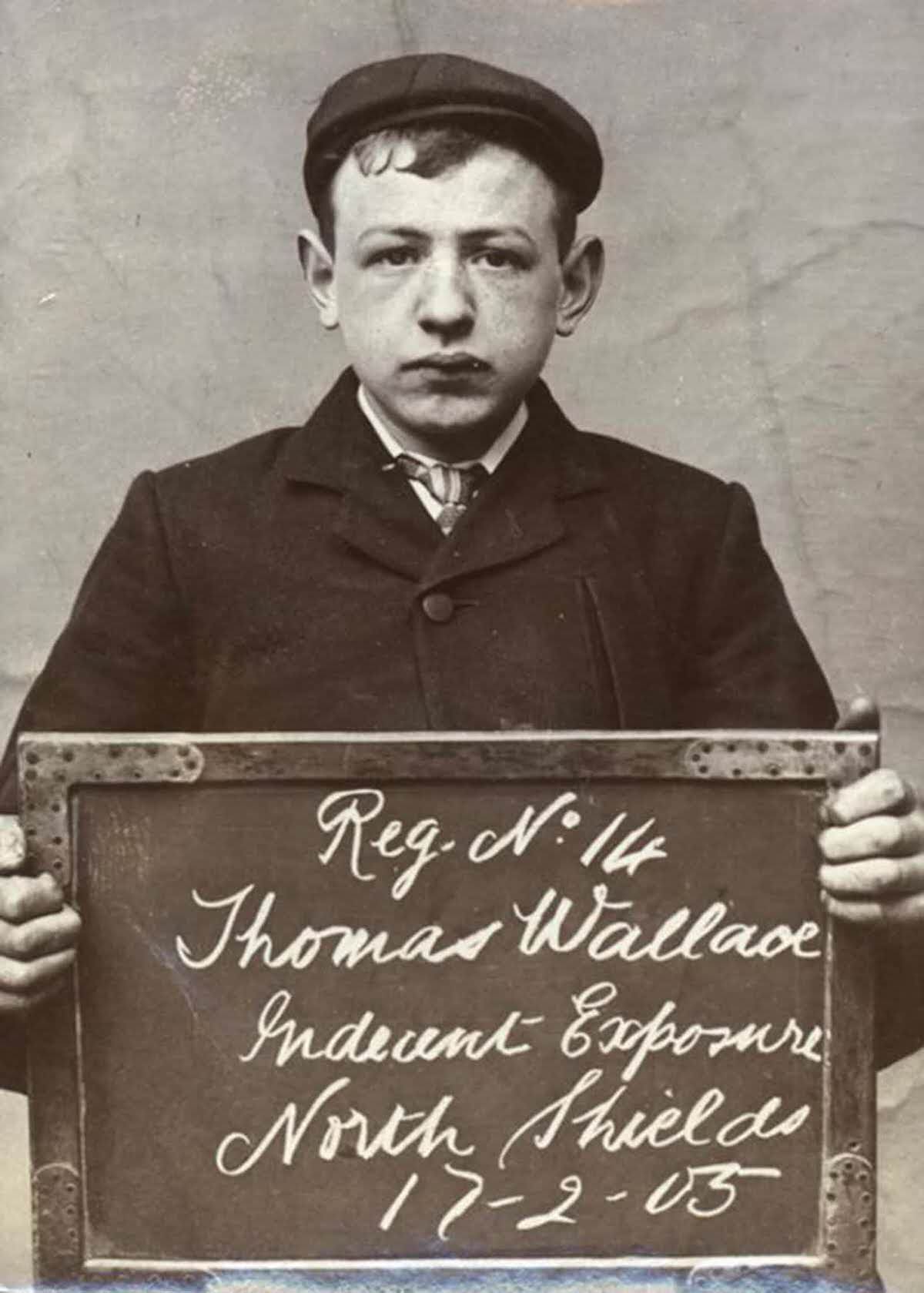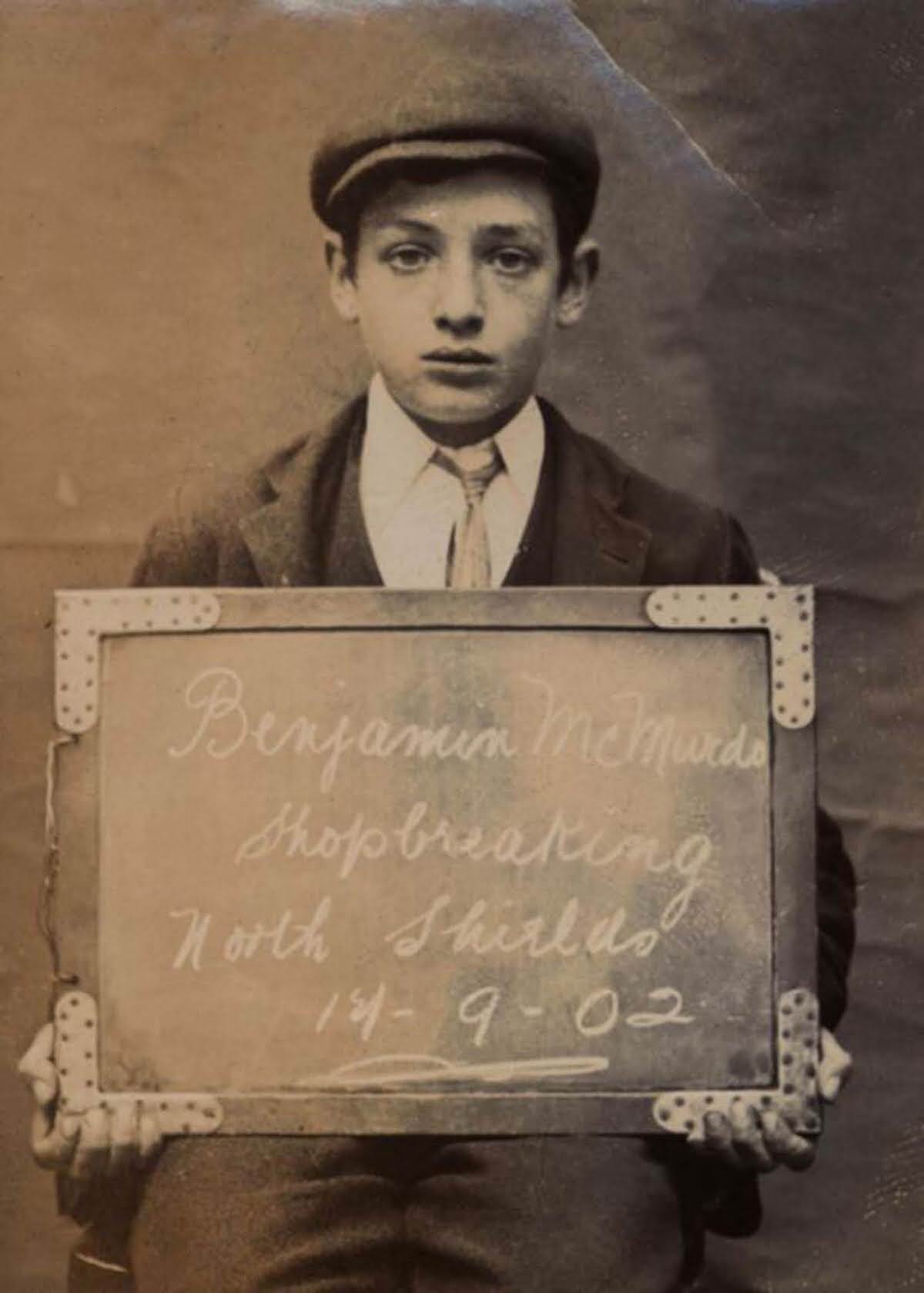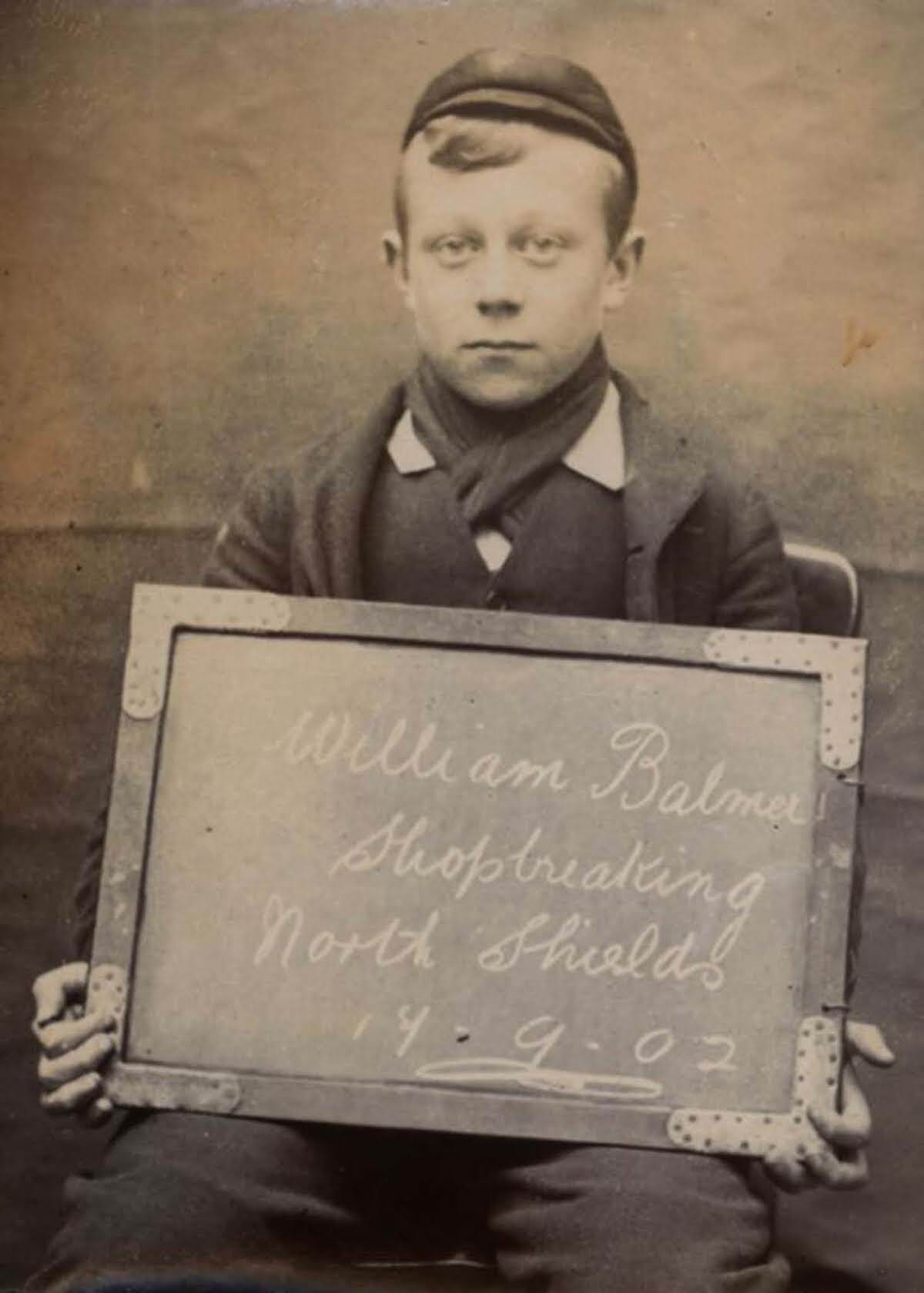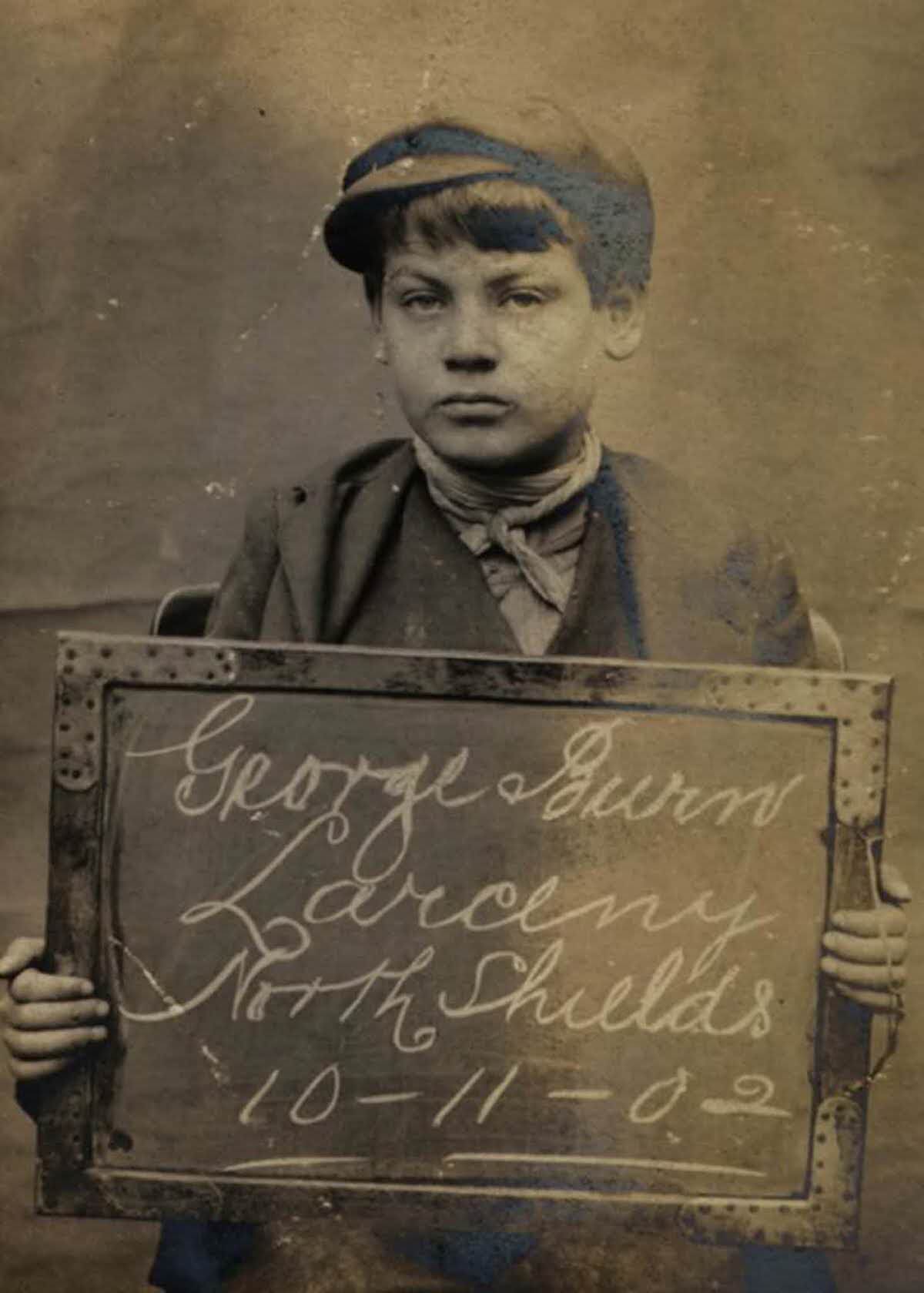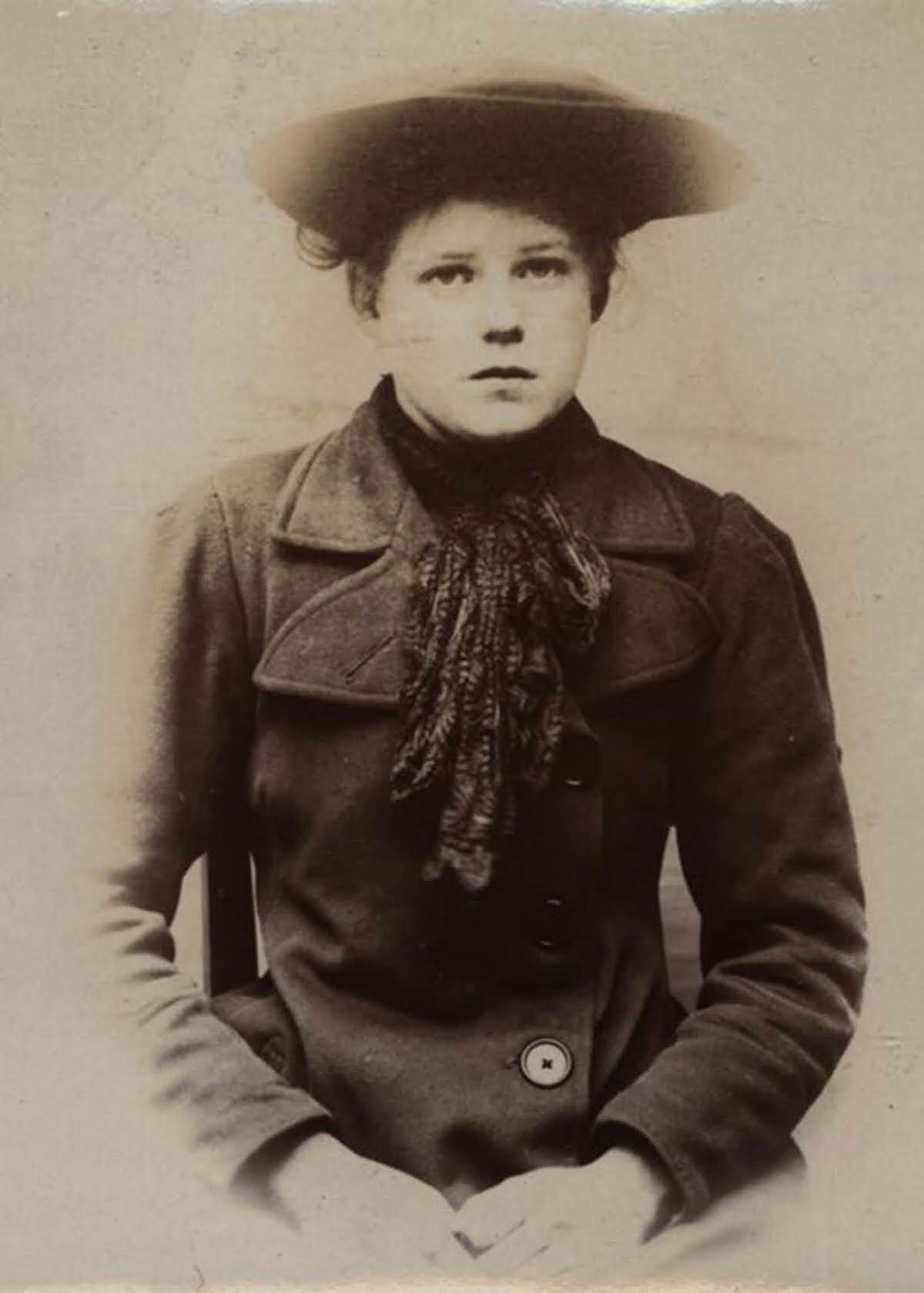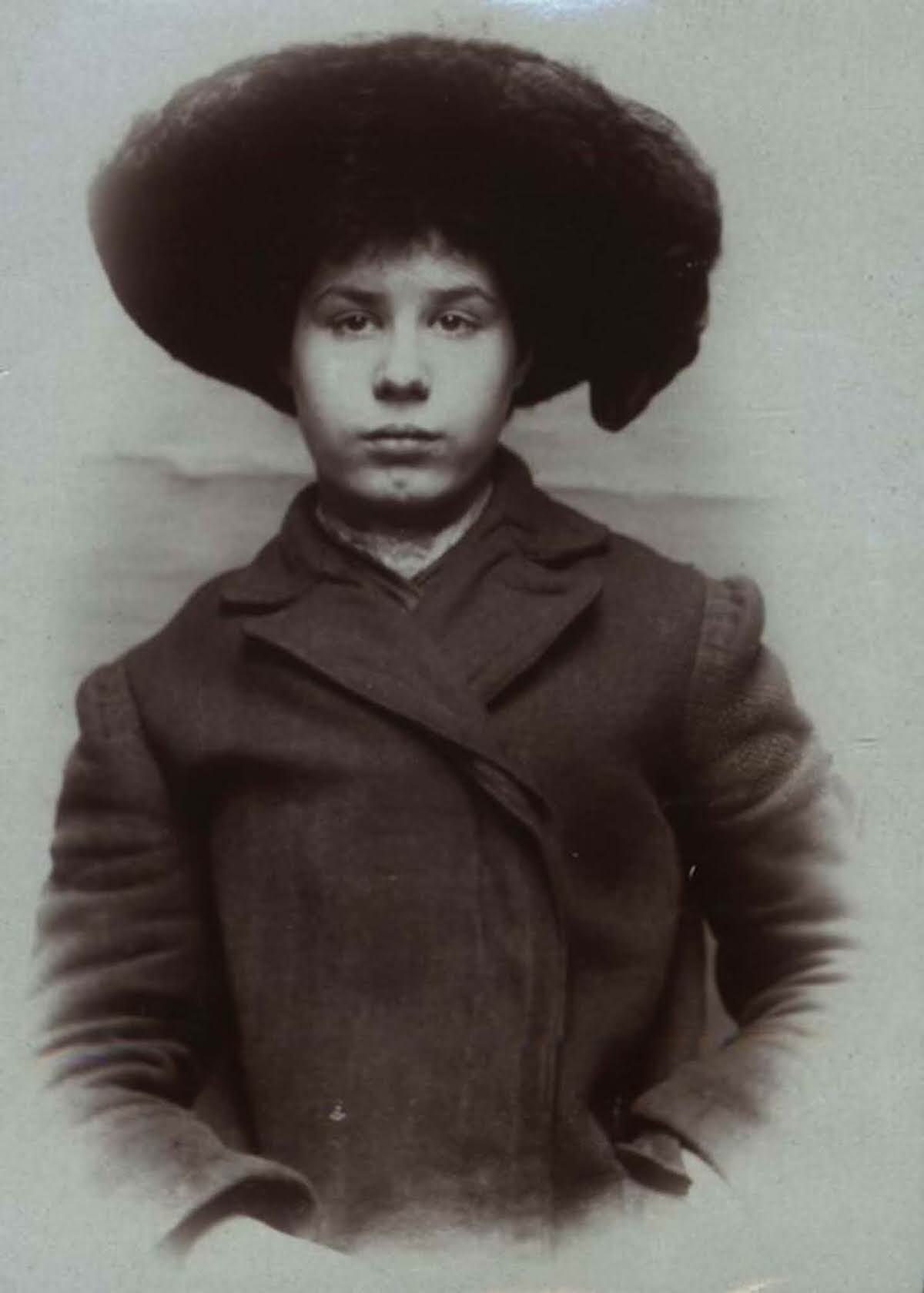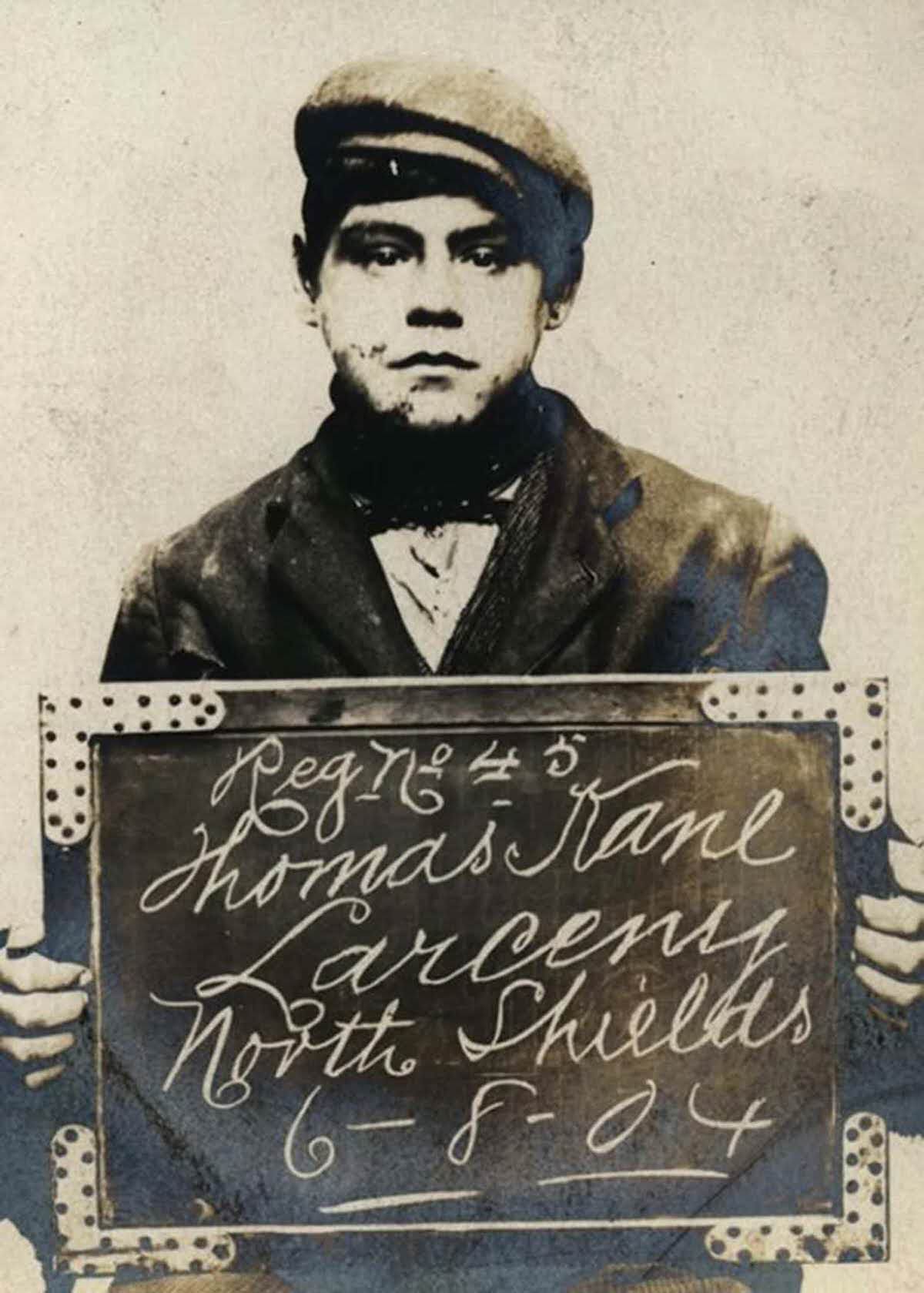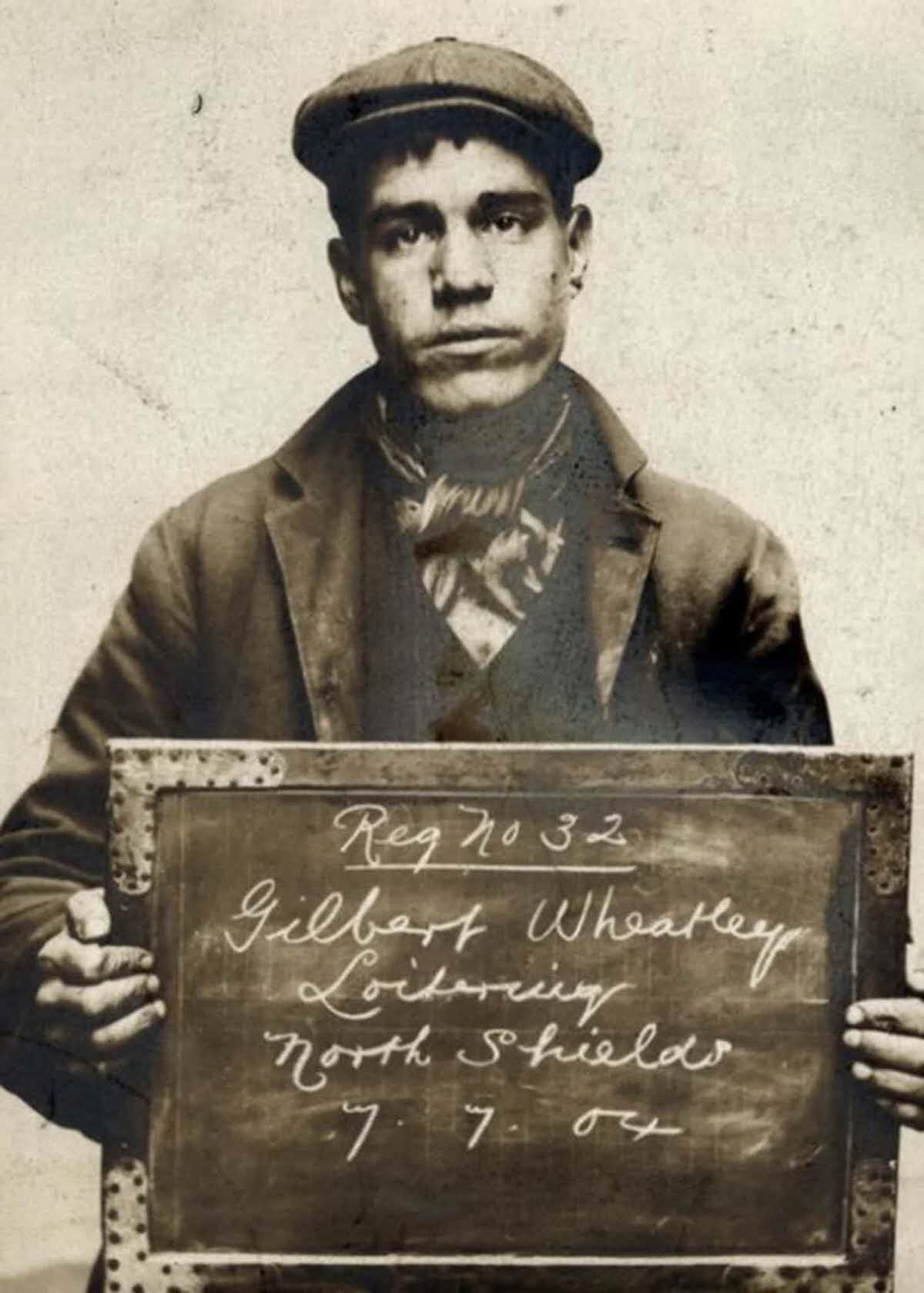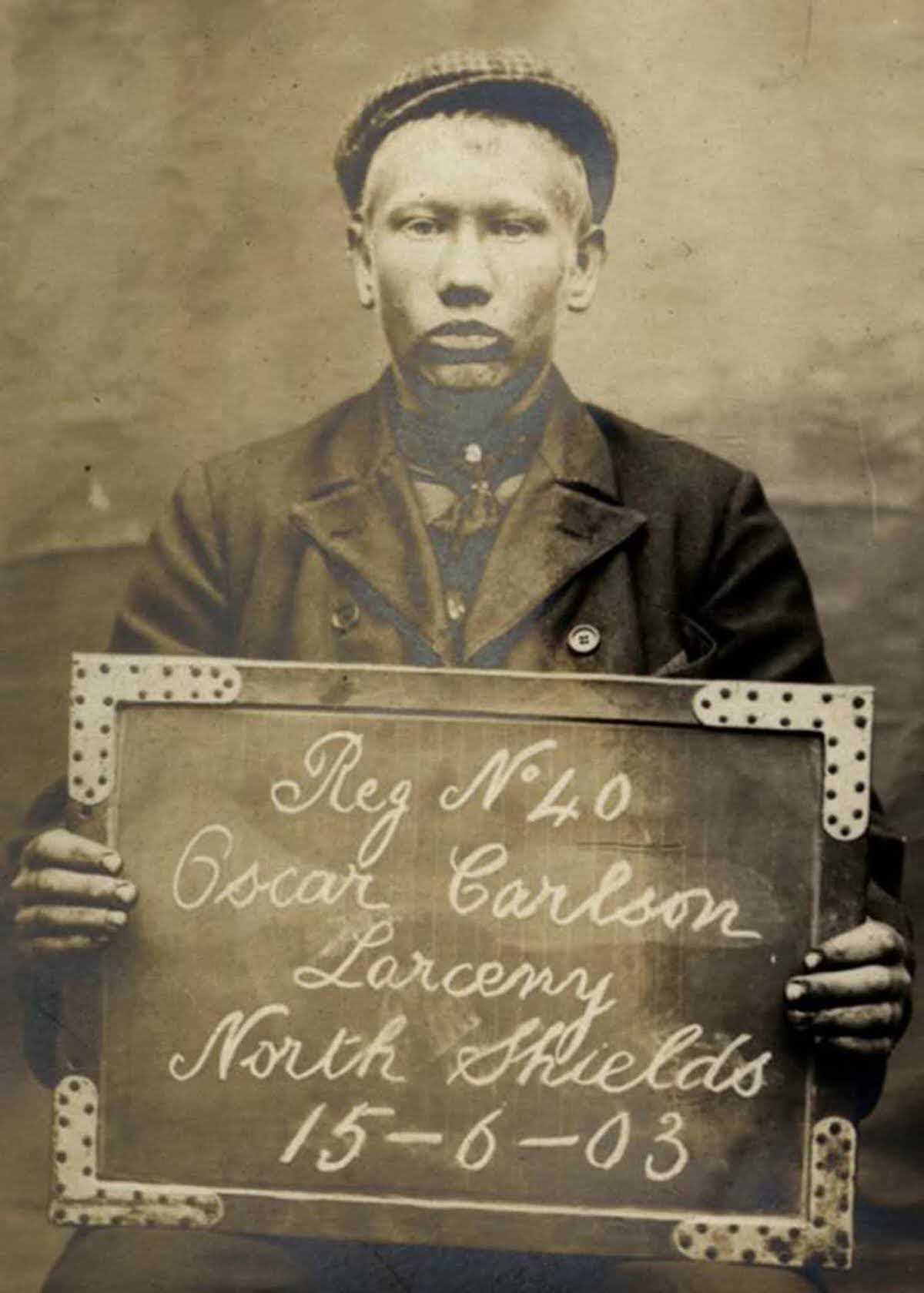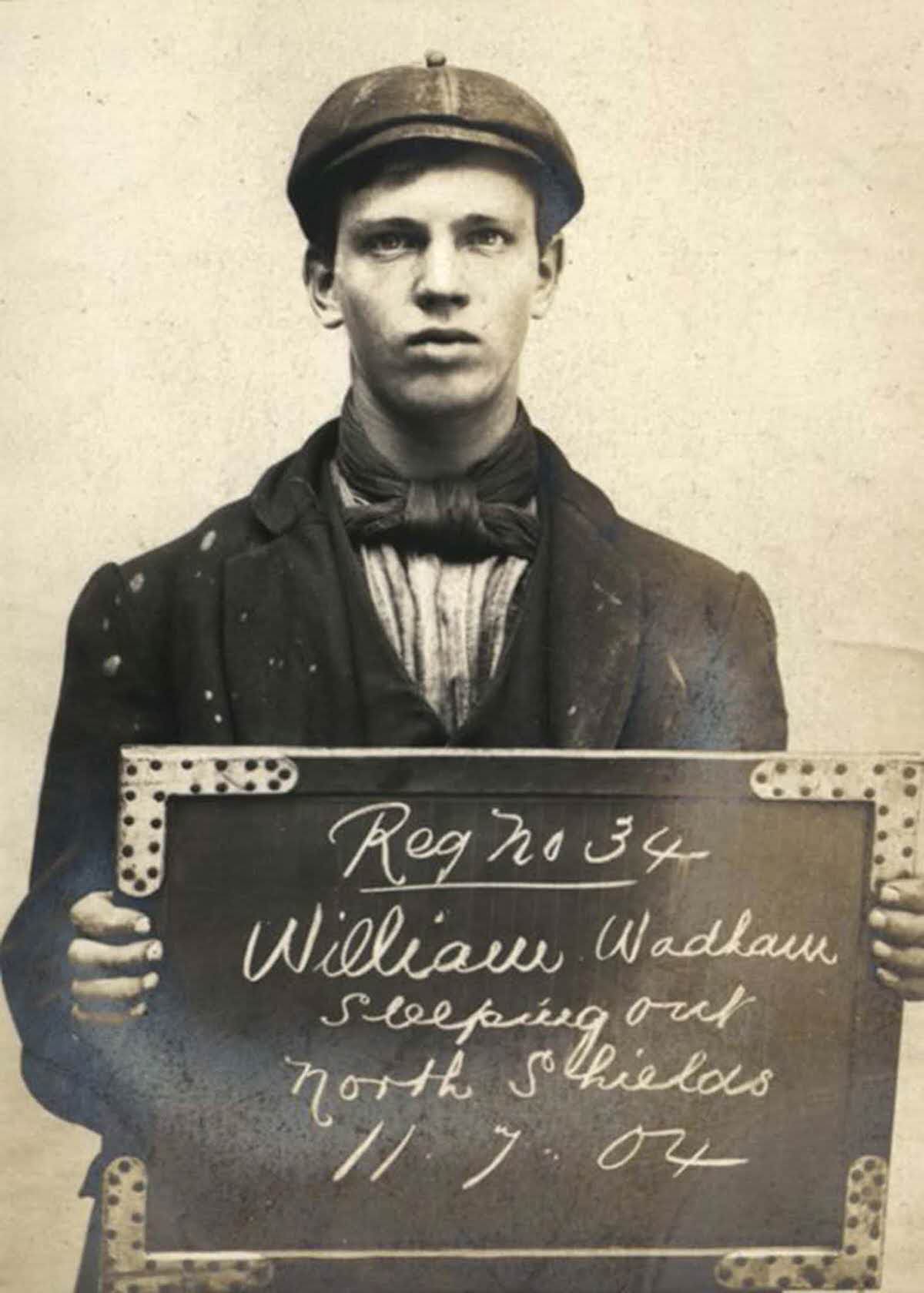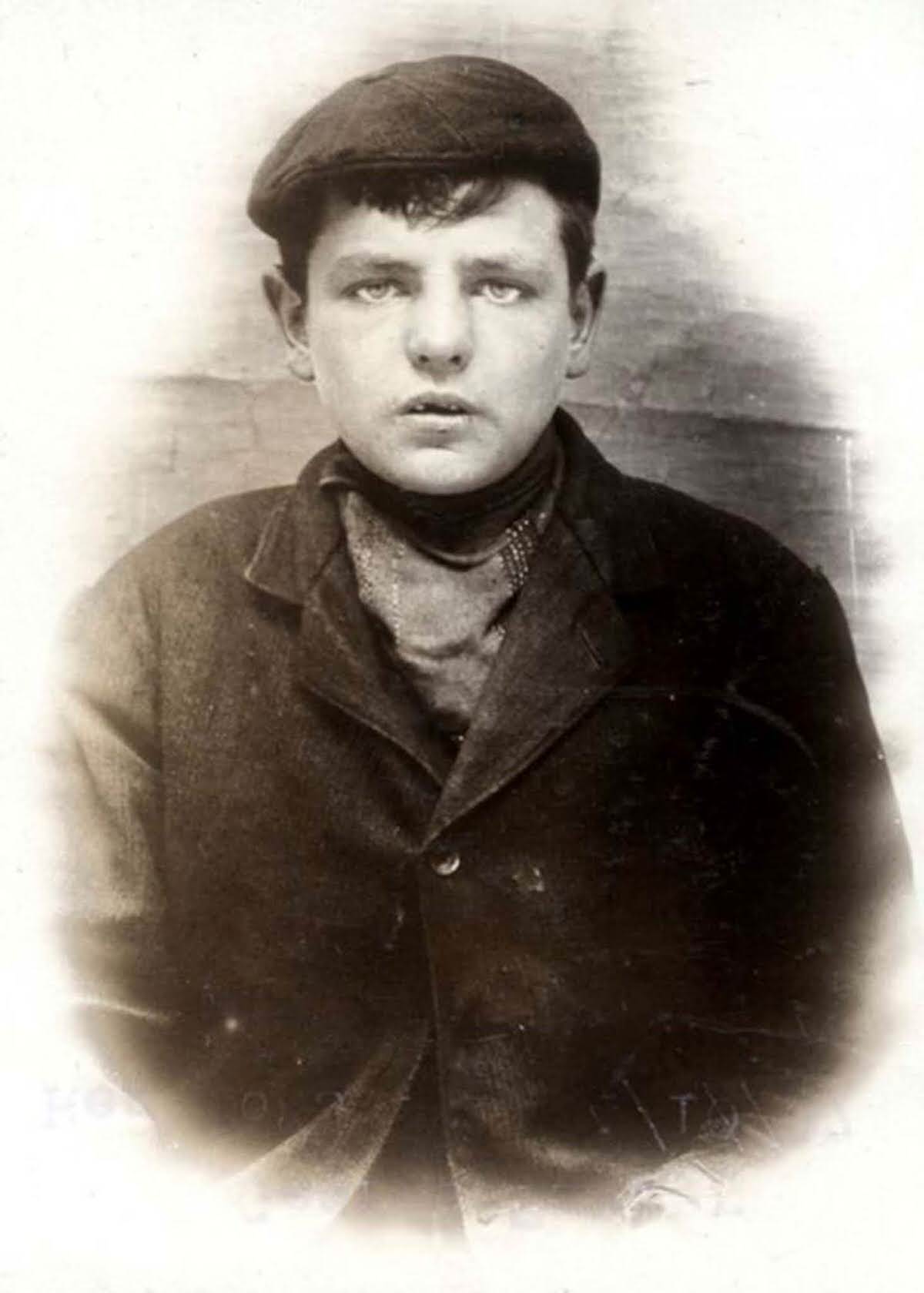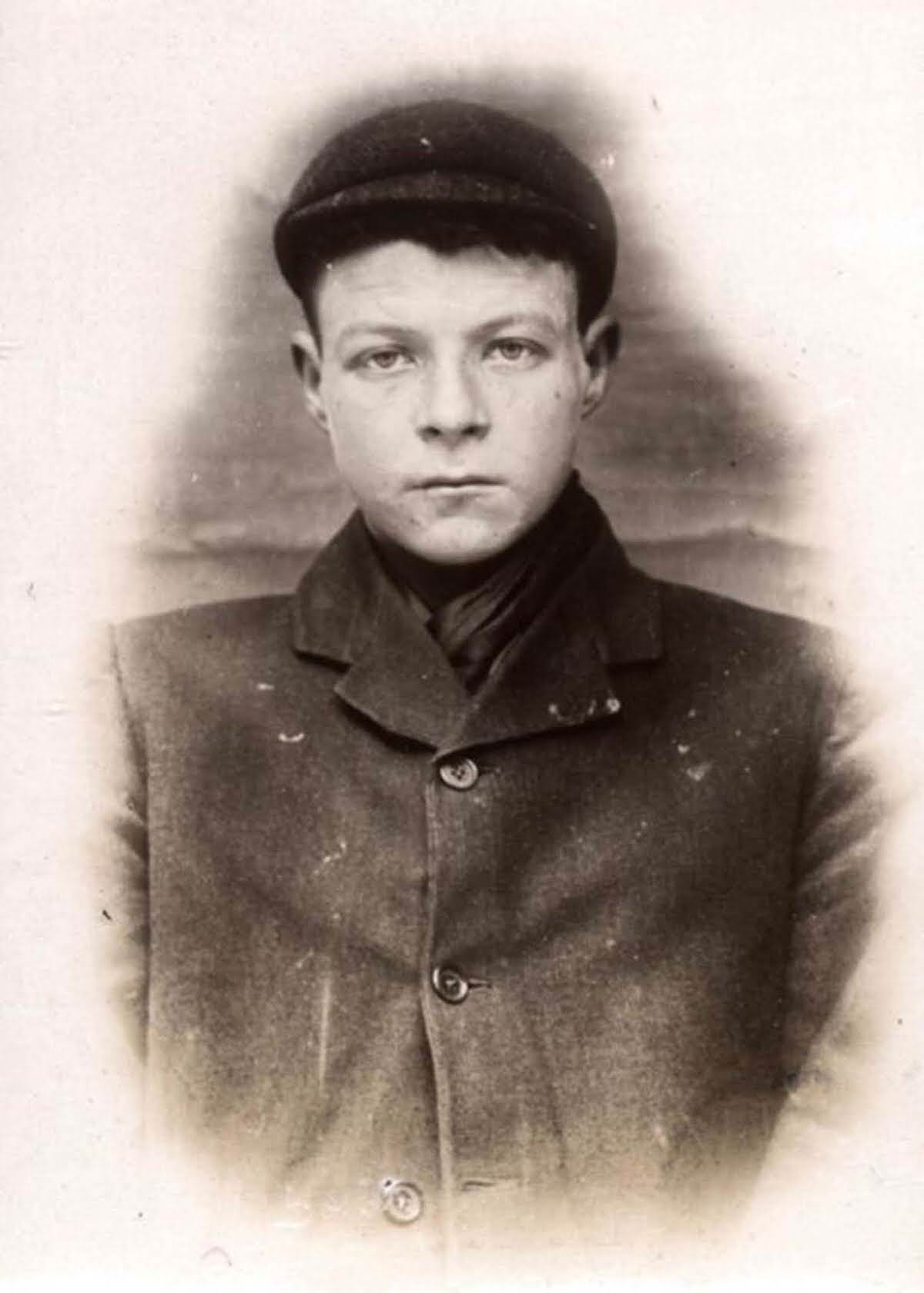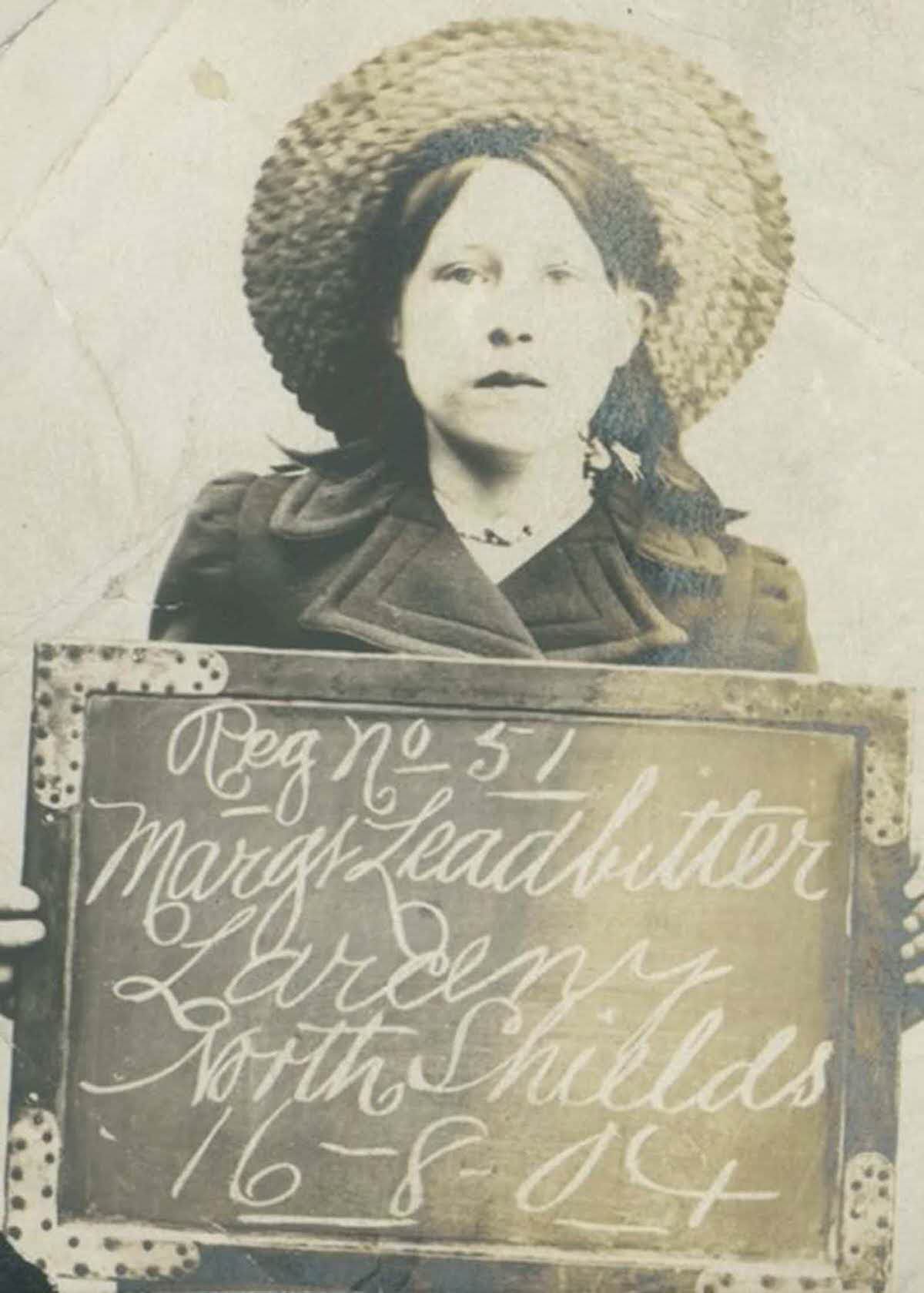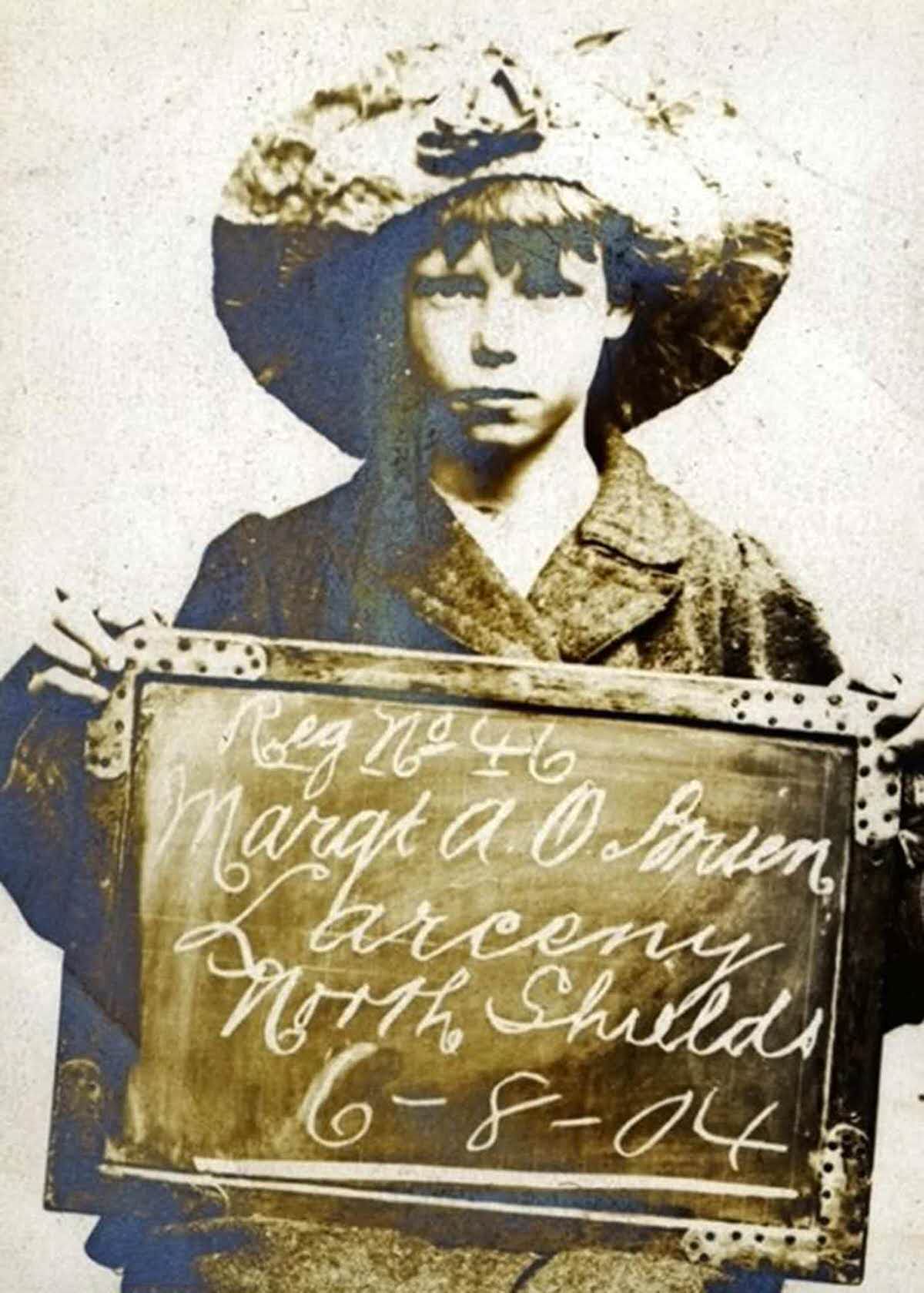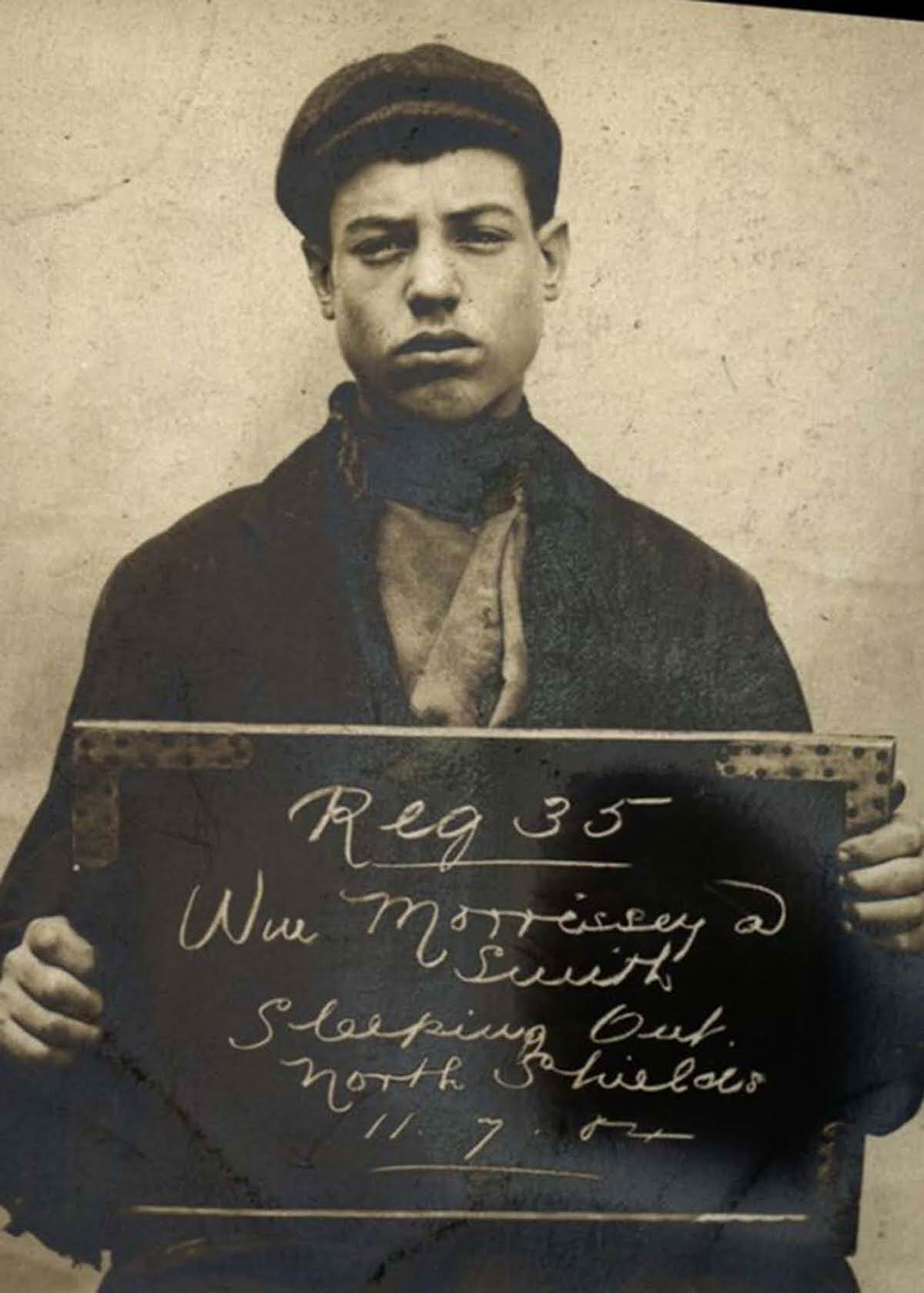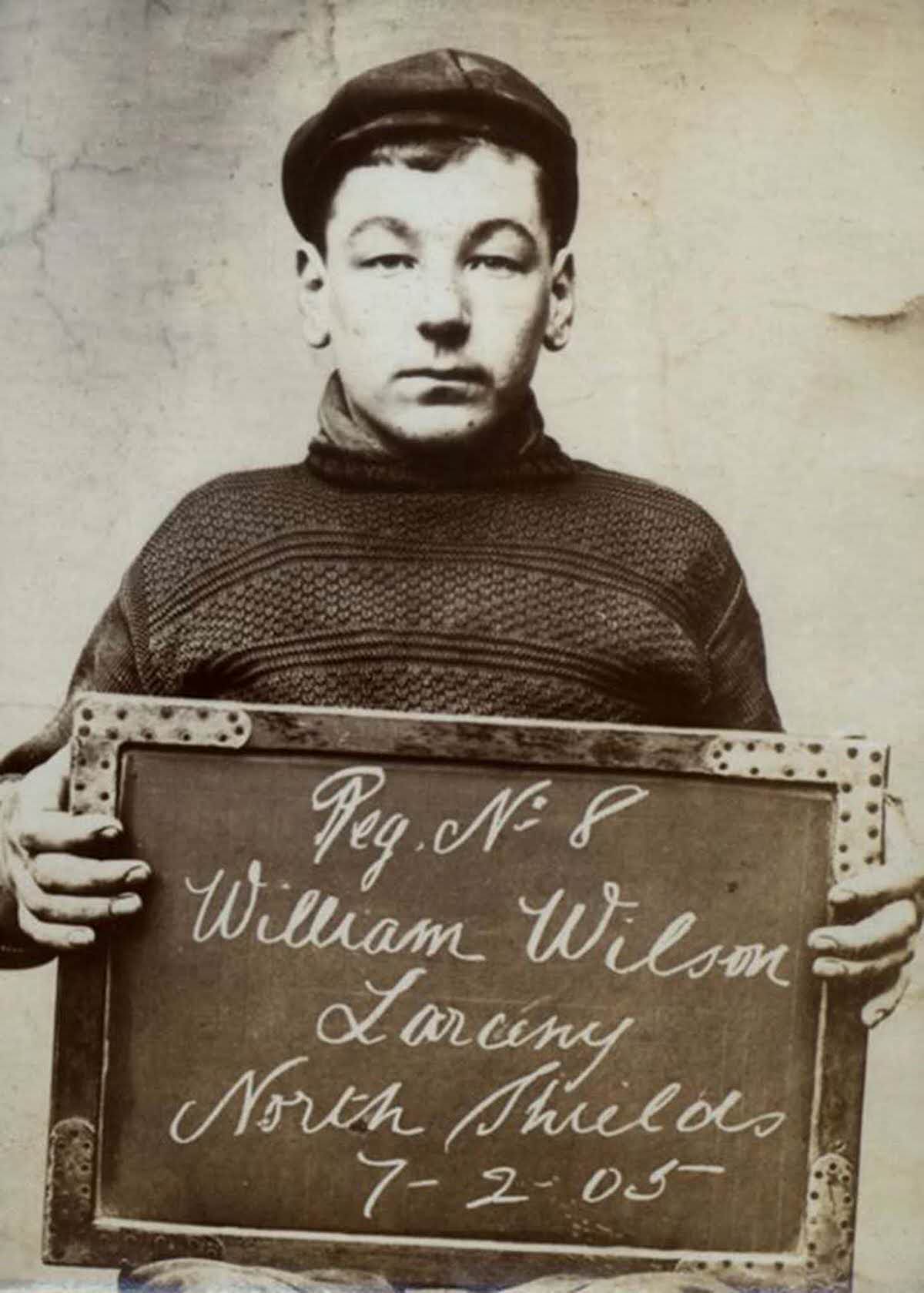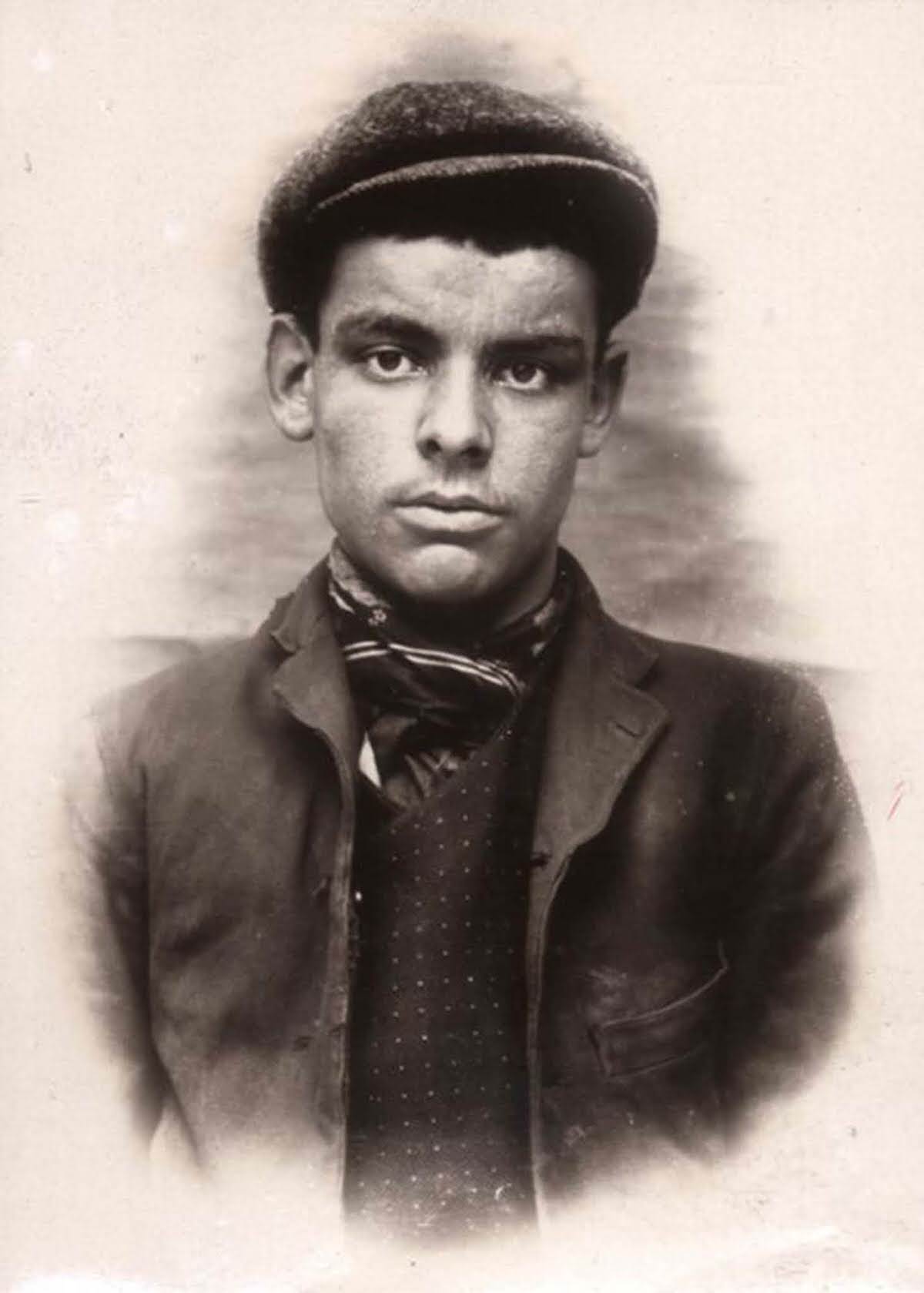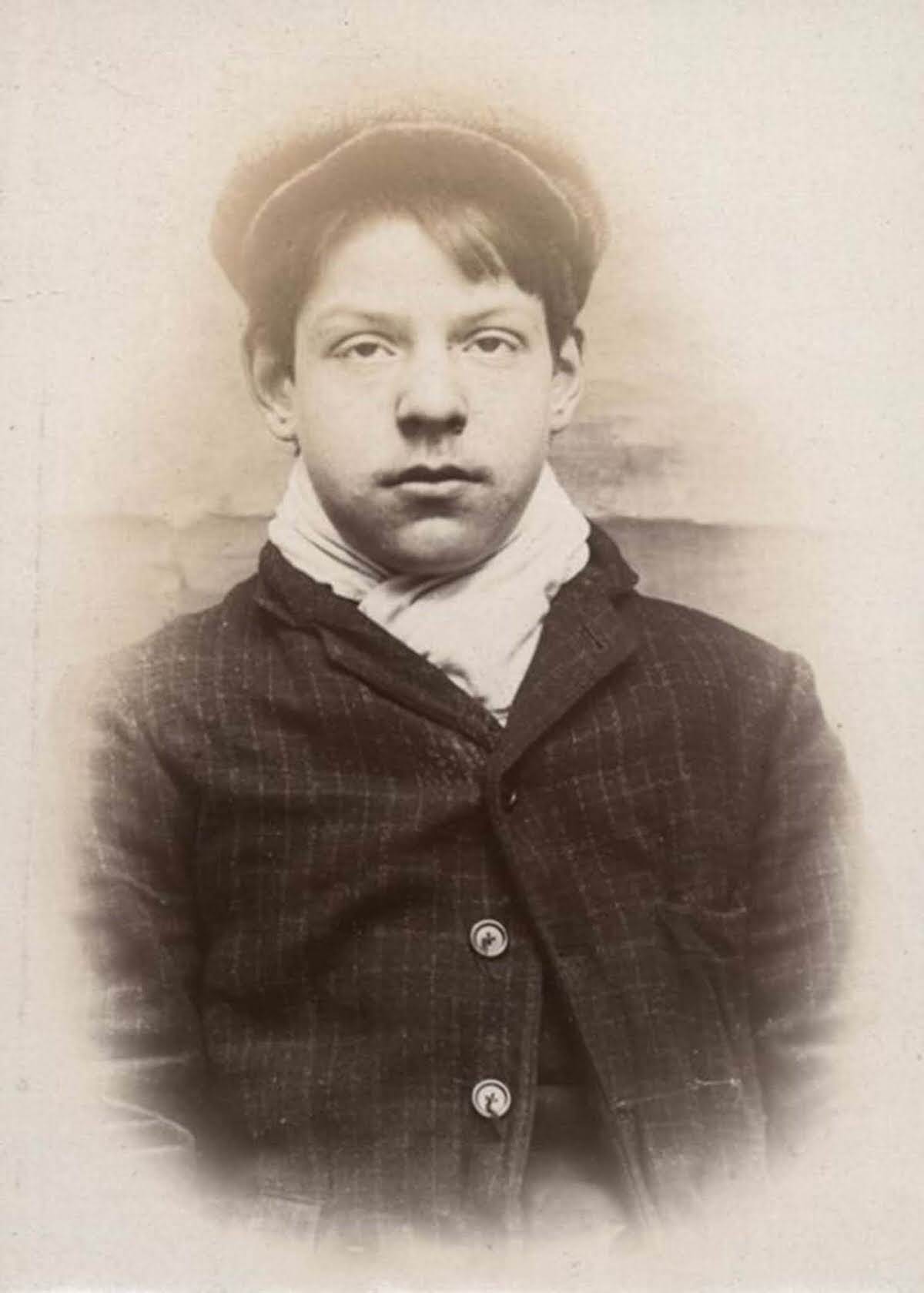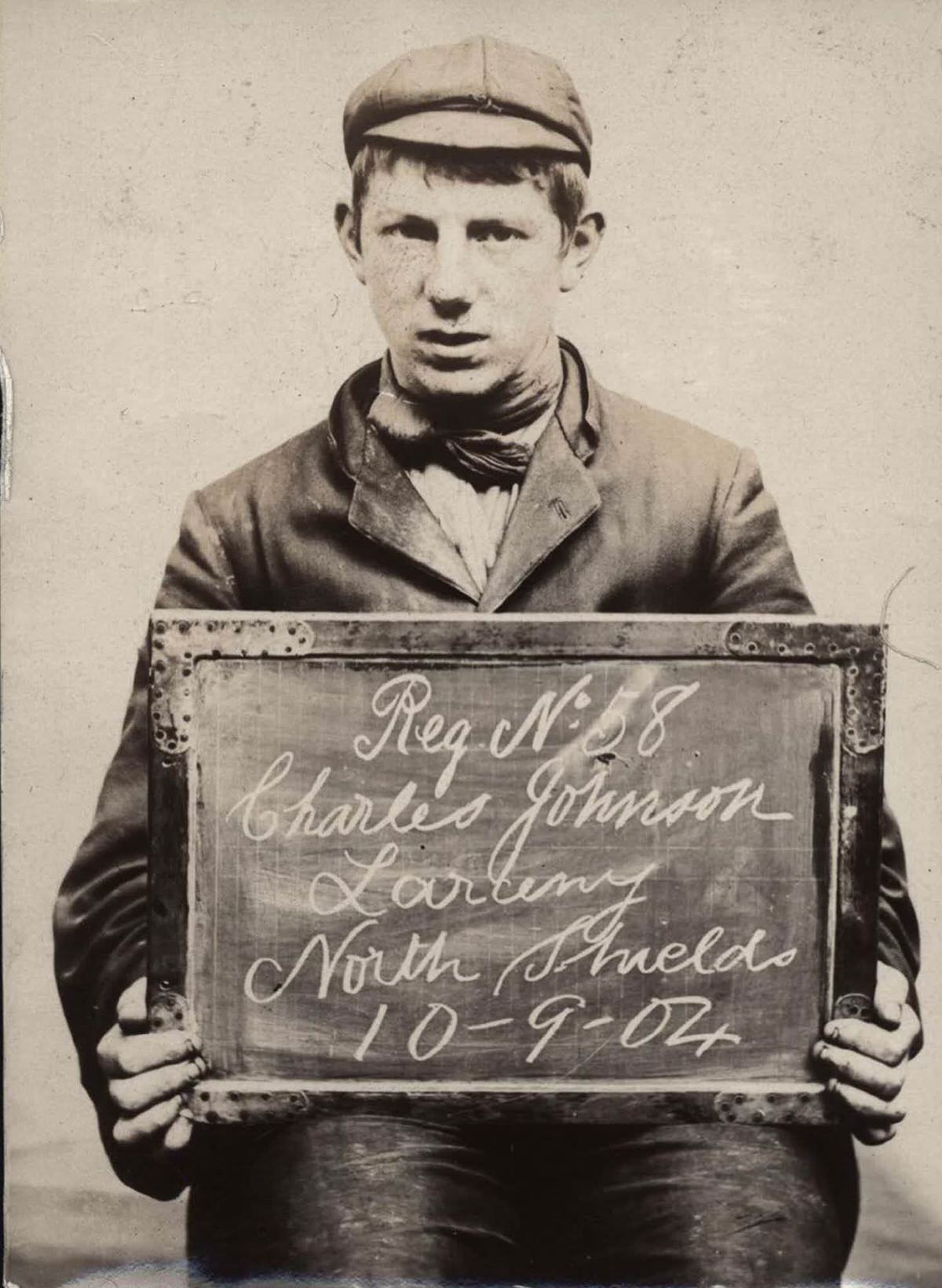These mugshots show the children from the Edwardian era arrested for petty crimes and are part of a comprehensive photographic collection of Tyne-Wear Archives. These minors were detained in the British town of North Shields.
The Edwardian era in Great Britain began in a period of uncertainty, and Edwardians faced a period of unsettlement that had its roots in the past. Britain was still the wealthiest country in Europe, and the other countries were still catching up. The social and economic issues were getting severe. Poverty was one of the core problems, and it rose dramatically during the Edwardian era. The majority of the population was crowded into the cities, and in many cases, wages had fallen, although the cost of living continued to grow. Petty crimes such as theft and shoplifting among children were increasing day by day. The main reason for this was the lack of education and the increase in urban poverty due to the growing industrial activity.
As more and more people moved to the cities for a better future, poverty increased, and the slums proliferated. The children suffered through violence at home, and poverty meant that many skipped schools and took to the streets to engage in petty thievery and pickpocketing. The government created various laws to deal with these types of crimes committed by young offenders. During the 1950s, reformatory and industrial schools were first introduced. In 1889, the ‘Children’s Charter’ introduced legal protections for children from various types of cruelty and enabled the state to intervene in family life. These changes were part of a gradual evolution in childhood and a growing interest in how youth’s experiences shaped the adult. These efforts finally bore fruit in the Children Act of 1908, one of several reforms of the Liberal Governments of 1906-14, which included the provision of school meals, school medical inspections, and pensions for orphans.


